They were silly things to die for, Eagles. What kind of a symbol was that anyway? Eagles did not battle their enemies, did not confront them head-on with courage and strength. They were creatures which dove upon weak and defenseless prey from far above and retreated to the safety of trees and clouds when threatened. Lions, those were animals worthy of symbolism. Elephants too. Asterius Flavius had seen both fight in the Coliseum in Rome and he admired them.
He stared for a long time at the four gilded Eagle standards that lay on the table in front of him. Yes, such silly things to die for. With so many lost and so many more destroyed, did the Easterners even care about the things anymore? Was a trophy of any value if its original owner thought it disposable? Four Eagles, but thousands of enemies.
War had not stopped when Spurius Cipius had died. Asterius’ father, Illus Flavius, had given him command of the Ancyra garrison, while he himself supervised Ephesus. Asterius knew that his father had never enjoyed the challenge of warfare. He preferred a comfortable life in the city. Perhaps that was why he had been passed over. Illus’ father, Asterius’ grandfather, had been Marcus “the Gambler” Flavius; a ruthless ruler who had coldly and efficiently eliminated Roman and non-Roman rivals alike. Yet Illus had not inherited the throne, it had gone to Spurius Flavius and then to, of all people, an adopted Sicilian general who wasn’t even a Flavian. It was true that another Flavian sat the throne at the moment, but he was a Flavian in name only. The true blood of Rome’s divine sons flowed in Asterius’ veins and he knew it.
The same year that Andragathius Flavius had been crowned, Asterius had led the Asian Legion against Ioannes Velius and his host.
Asterius chuckled. The Asian Legion… it had certainly had the numbers then, but half of them had been mercenaries, as likely to fight against him as for him. Fortunately the mercenaries were not ignorant, they knew that Ioannes’ men were numerous, but inferior and cowardly and they held the line without wavering.
Ioannes had escaped with half his force, but the respite was only temporary. Asterius had cornered the survivors at the Hellespont and finished them.
He had captured his first Eagle the next summer, a feat his father had only accomplished at twice his age, after destroying a relief column that had been sent to reinforce the now non-existent army of Ioannes Velius.
His second had come that winter, when he had confronted a large Eastern field army that had blocked Asterius’ own reinforcements.
He had begun to gather the reputation he deserved then. One Eagle could be taken by luck, but two required skill. Asterius’ father had never captured a second.
After the Eagles, he had taken his Elephants. Not the gilded kind, but the real ones. He had met the false Emperor of the East outside of Caesarea. The man had brought a small force exclusively composed of mounted mercenaries. Some of those mounts were war elephants though, and that made the man cocky.
As Asterius had advanced, the elephants had charged his right wing, inflicting heavy losses on the flank cohort.
His men were disciplined though and the elephants did not panic them. The closely clustered men swarmed the beasts and they fell quickly, followed by the rest of the hired killers.
The false Emperor had tried to stare down the might of the Asian Legion, but his bravado quickly ended when the legion charged.
Asterius himself had personally pursued the man off the field, shouting insults at him from behind.
He had sought refuge behind Caesarea’s walls, but the Legion swarmed over them soon enough.
To their credit, the Eastern Legio V Fulminata had put up a brave fight at the gatehouse and had died to the last man.
In their honor, Asterius had given their Eagle to a captured Eastern soldier, who was released and sent back home. Honorable Romans deserved to be recognized. The Eastern Emperor’s body was fed to the pigs.
Skirmishes and garrison duty in Caesarea had occupied the Legion for several years after that, but finally they had marched on Sinope. The large garrison had sallied forth in a coordinated assault with a smaller reinforcement column.
Asterius had drawn up the Legion in a defensive formation around a destroyed villa next to the main highway.
The Sinope garrison was quickly driven off with massed arrows, javelins, and darts.
The Legion had then pivoted and dealt with the reinforcements.
A second relief force, this time much larger, attempted to break the siege the next season.
Asterius used the same position and achieved a similar result.
Sinope fell soon after. Asterius still recalled a strange dream he had had the night they had taken the city. In the dream, he had watched masses of legionaries streaming by under parade. He had heard a voice from far away saying that the Empire had been united and that he now ruled the world.
He had remembered that dream when he had woken, and every night since. No, it was not true. The Empire was not yet whole, vast territories still lay in the grip of the Eastern pretenders. Yet, perhaps some day it would be whole… and perhaps some day it would be him who truly did rule the world.
Victory after victory began to fall to the young general after that. He seemed to defeat huge armies almost without effort. First another Eagle was taken east of Caesarea…
…then another massive force was slaughtered while trying to force their way across the river south of the city.
Asterius had taken his fourth Eagle in the largest pitched line battle any of his men had ever seen.
The battlefield itself had been quiet, in awe of the beauty of the two approaching forces.
The struggle itself had been less impressive, though the enemy had made a strong push on the left flank.
Fate and good Roman highways had then led him south to Tarsus, where an army with a trio of Eagle standards awaited him. It too met the fate of its predecessors, though survivors managed to escape with all three trophies.
Finally the great and ancient city of Antioch had fallen before him. A few will placed bribes had opened the city gates to him, allowing it to be taken by surprise with minimal loss.
And so it was that he sat and stared at the Eagles. He heard the whispers around him. Some compared him to the famous Rufinus Victor, but he scoffed at such a claim. Rufinus had been adopted into the royal family and was rumored to be bastard born. Asterius was a pure blood descendant of the Imperial line. Rufinus had fought unwashed hordes. Asterius had battled Roman legions. Rufinus had taken barbarian villages. Asterius had conquered the mightiest cities in the world. Rufinus had died alone of old age, patrolling Hadrian’s Wall in the frigid north. Asterius was the hero of the Empire, and he was barely 30.
No, there was no comparison. Rufinus Victor had once been heir to the Empire late in his life. Asterius of the Eagles knew that, one way or another, he would be Augustus in the prime of his.






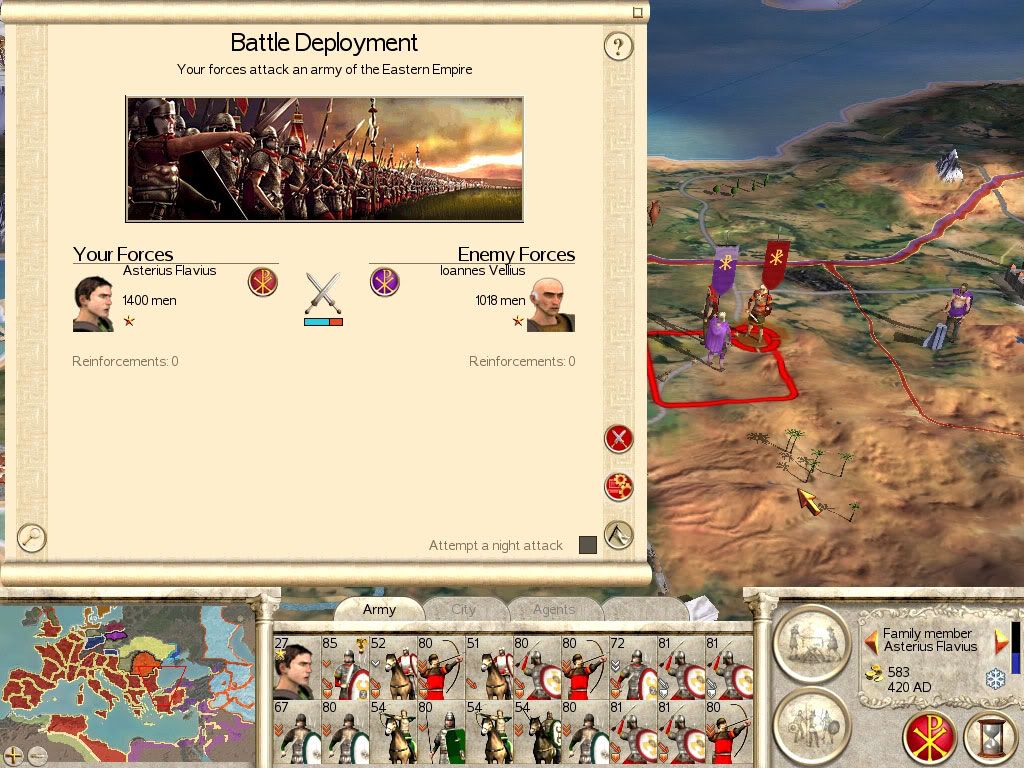
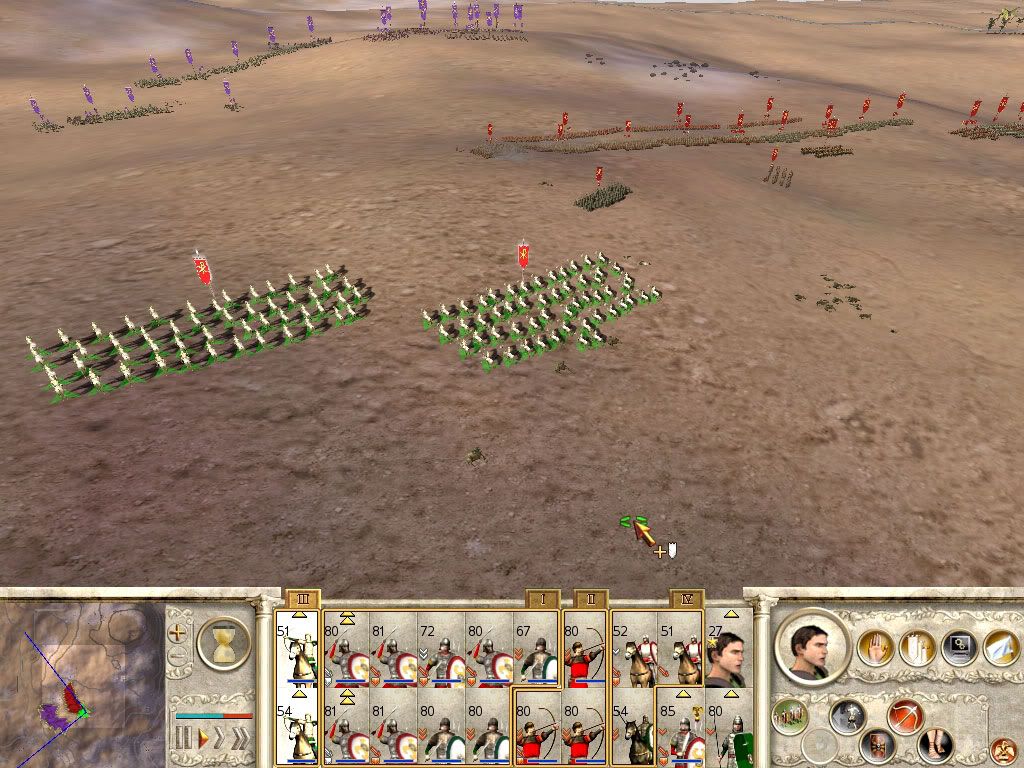
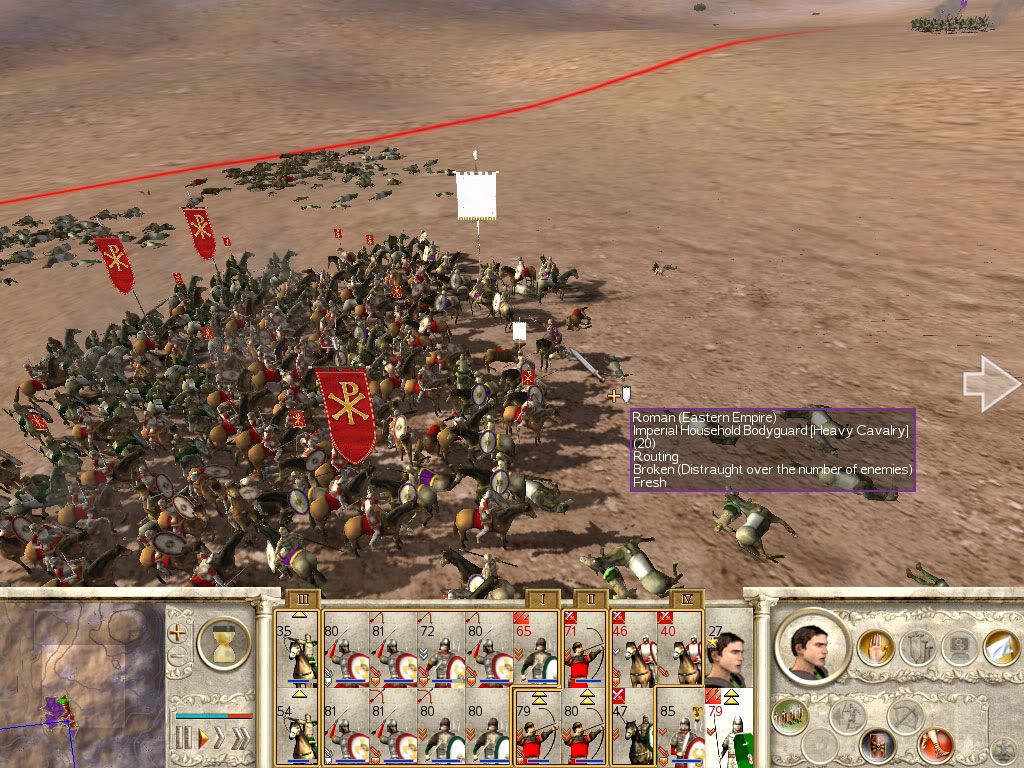
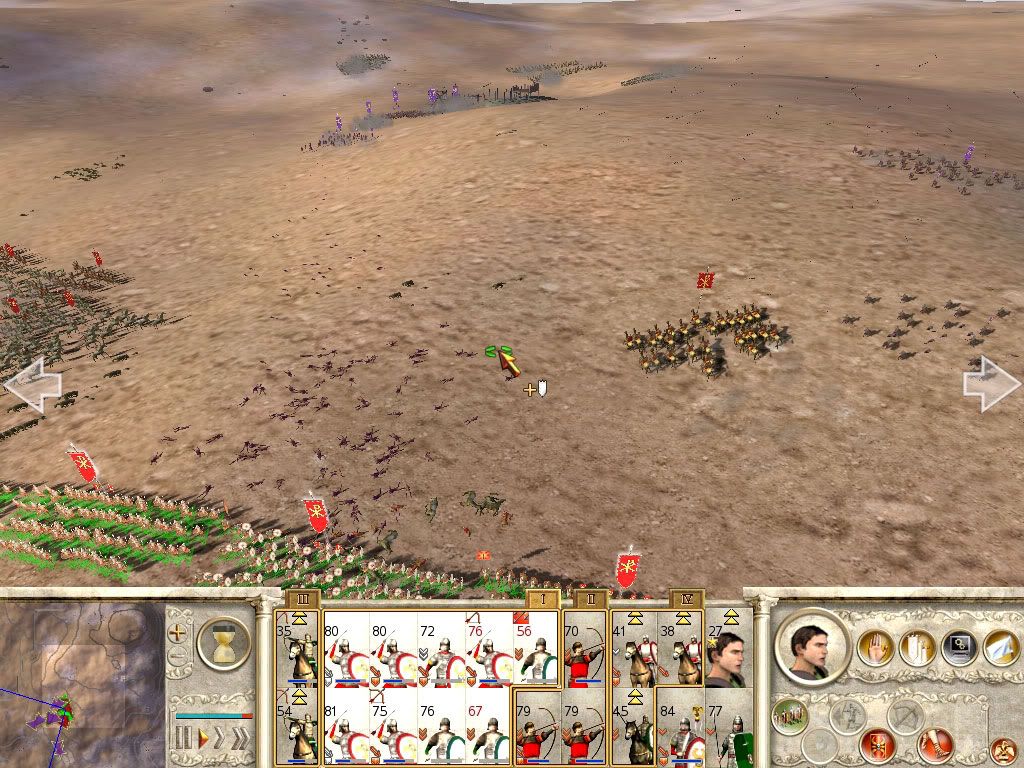
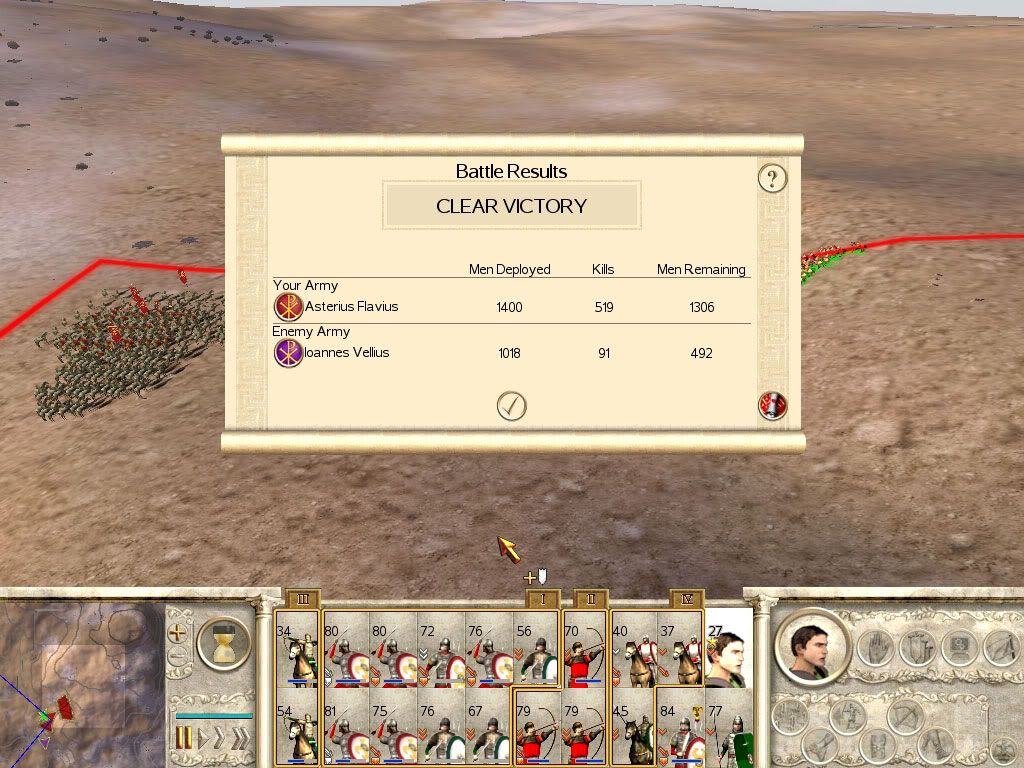
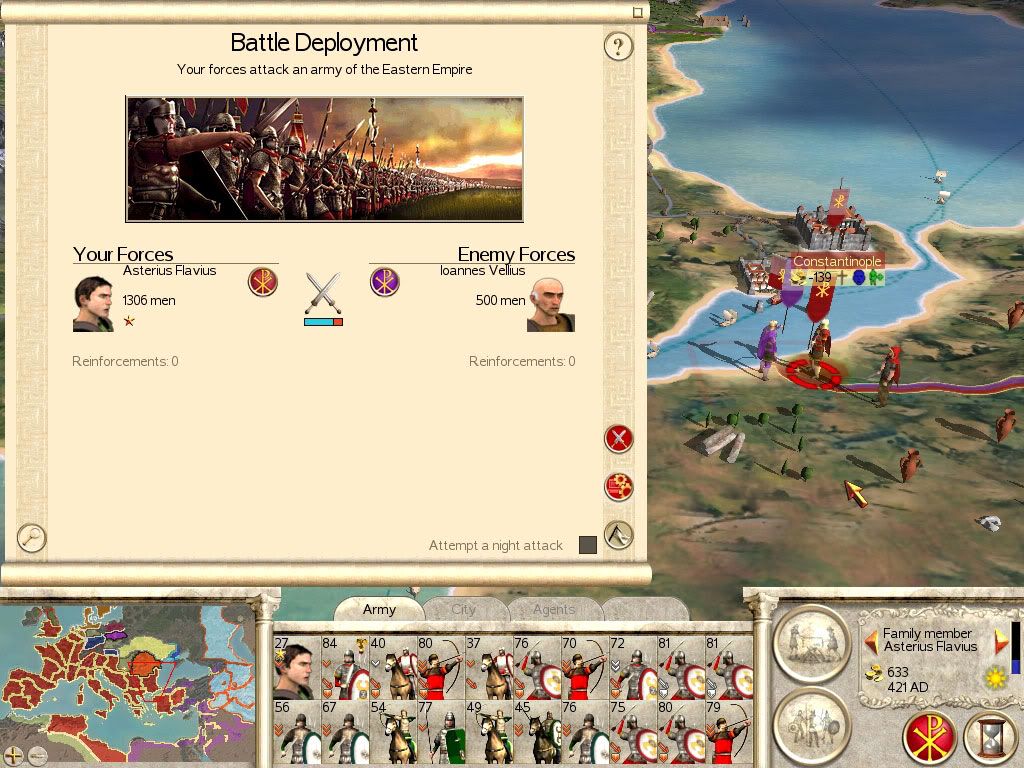
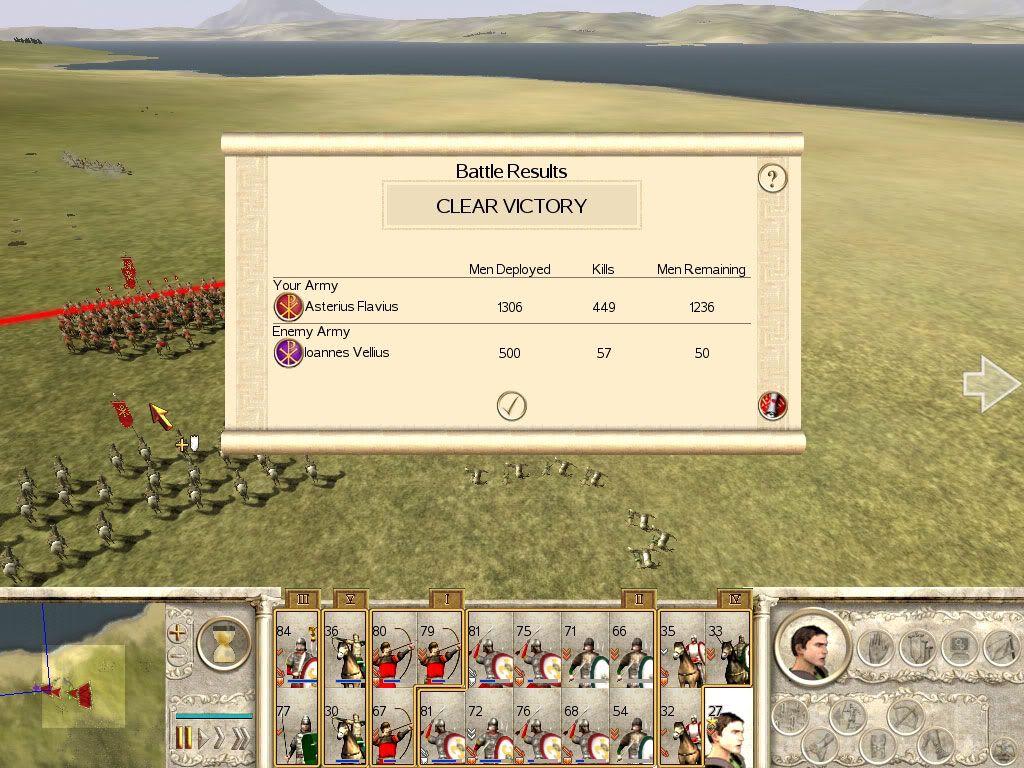
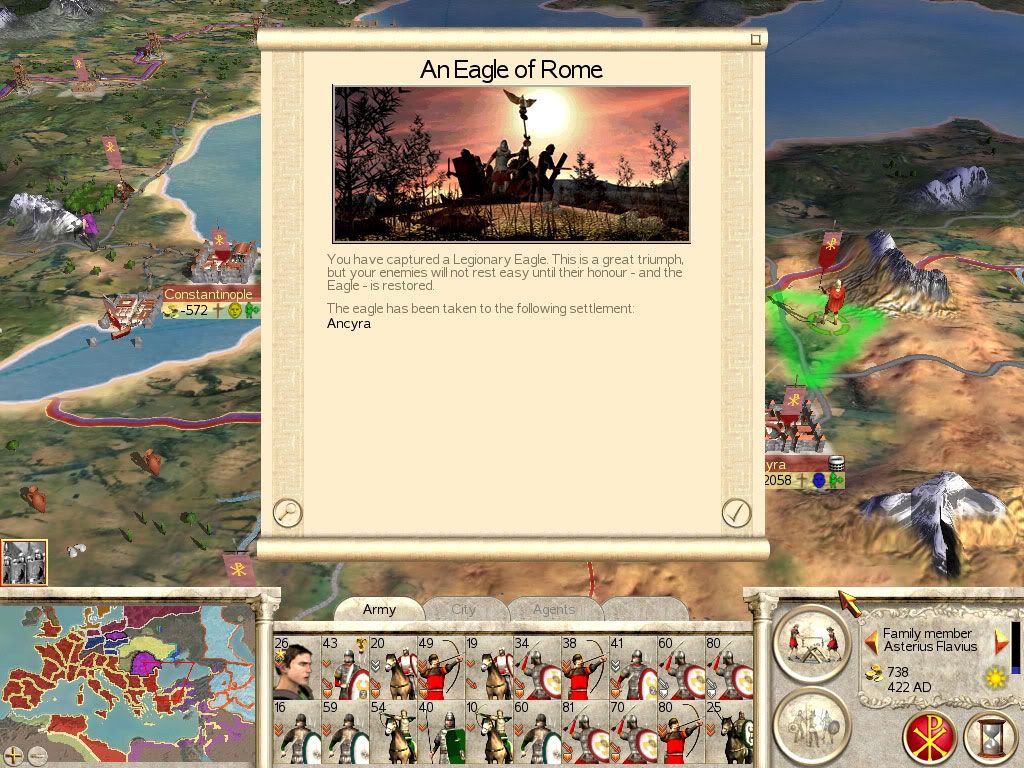
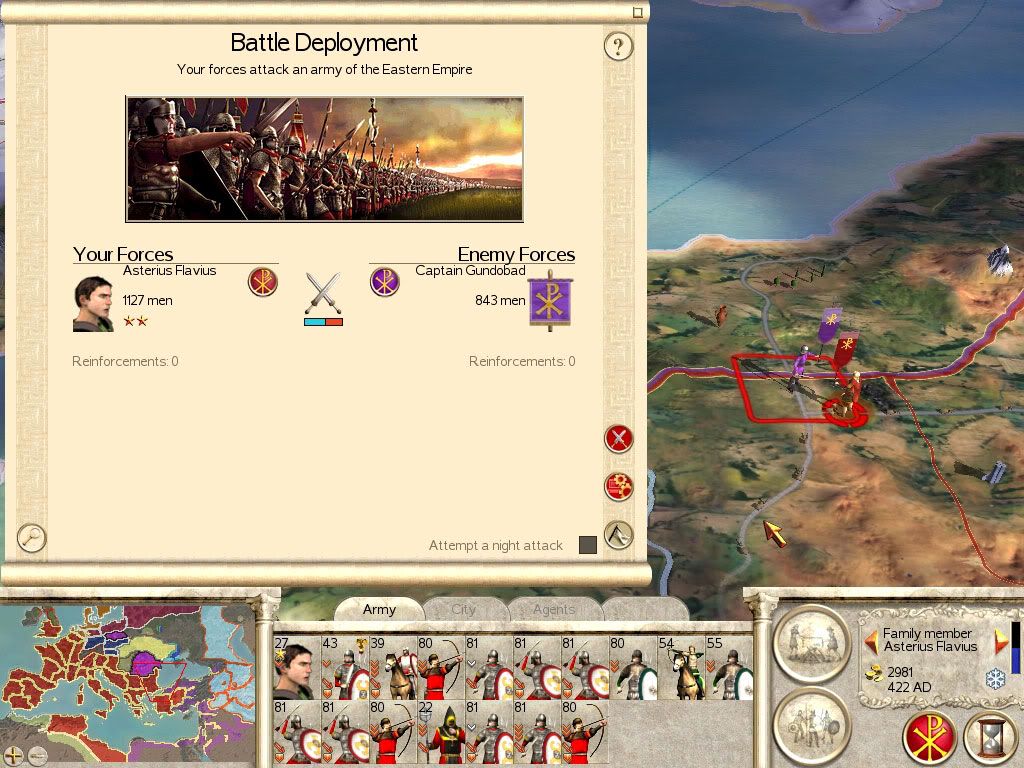
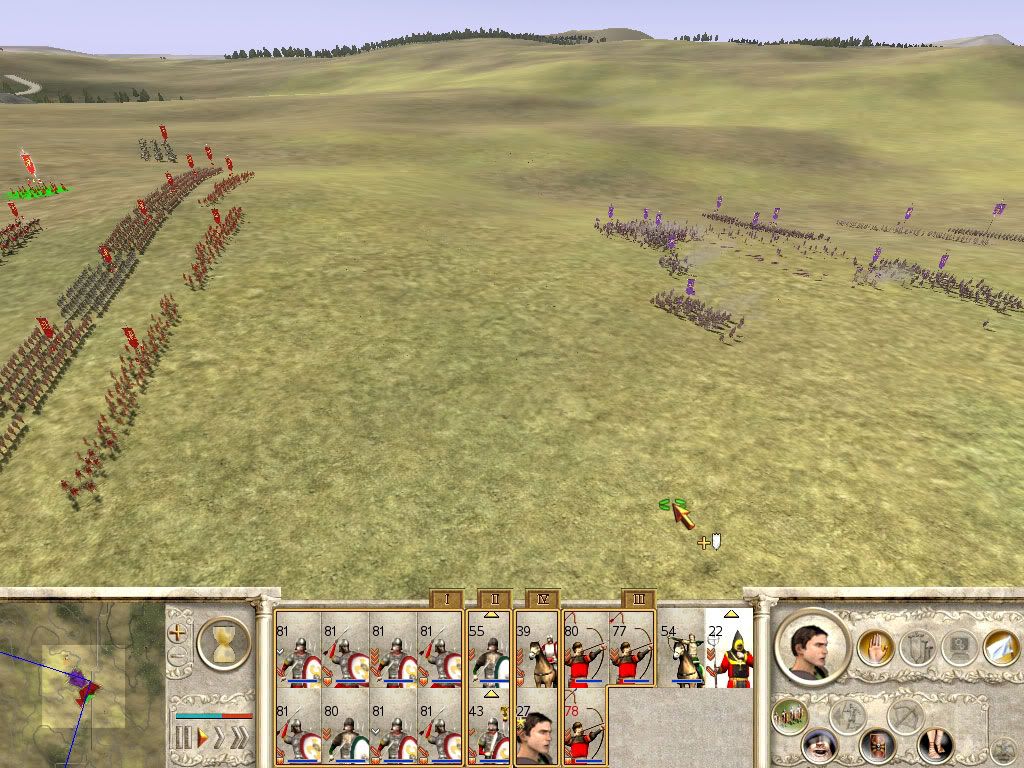
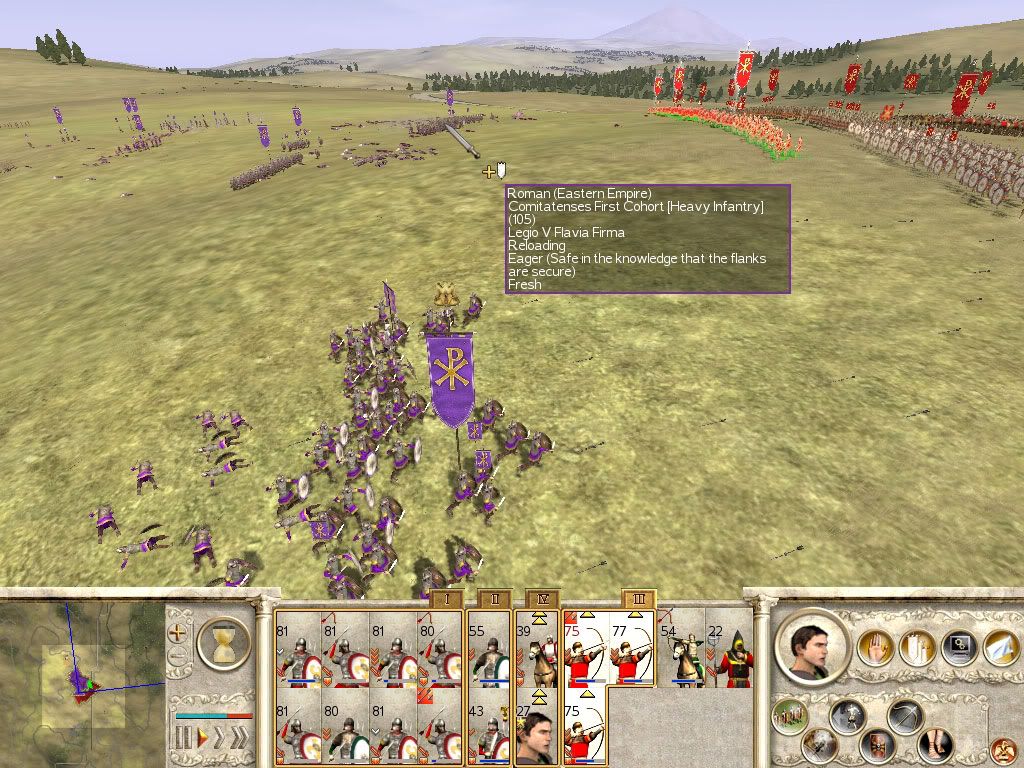
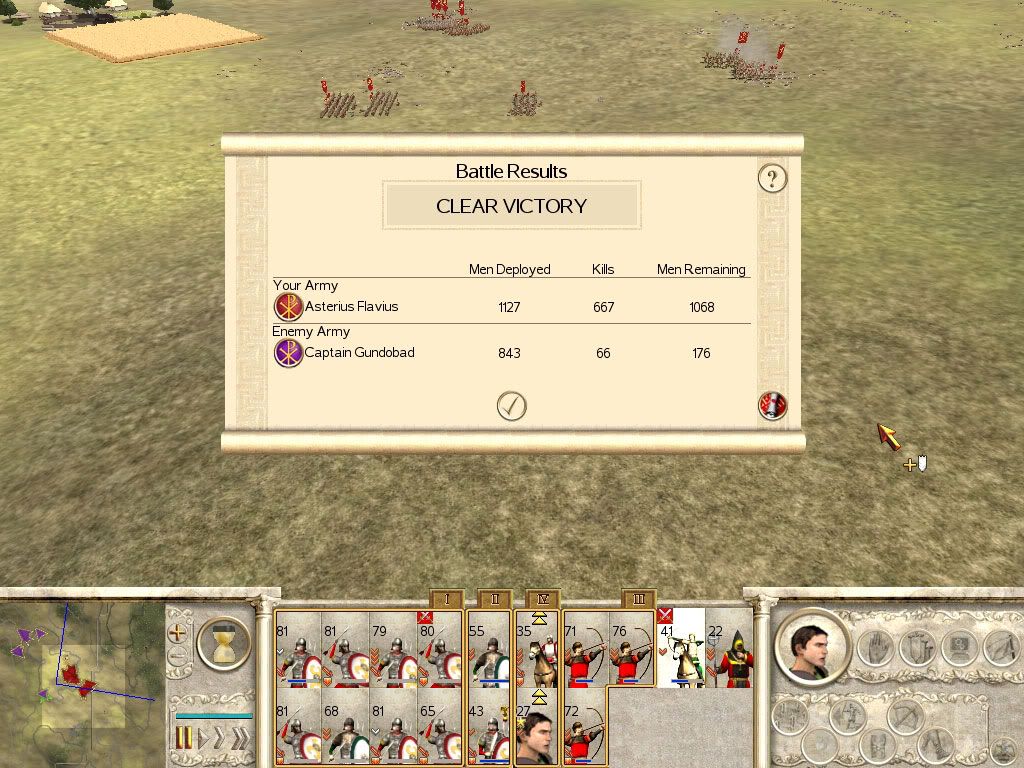
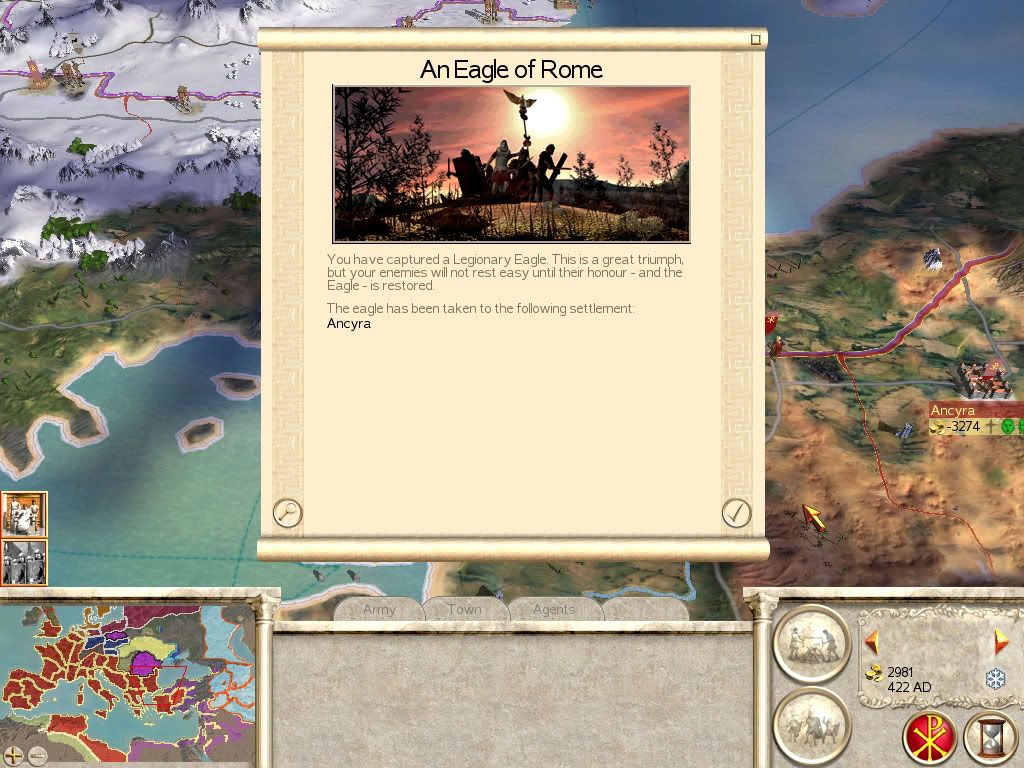
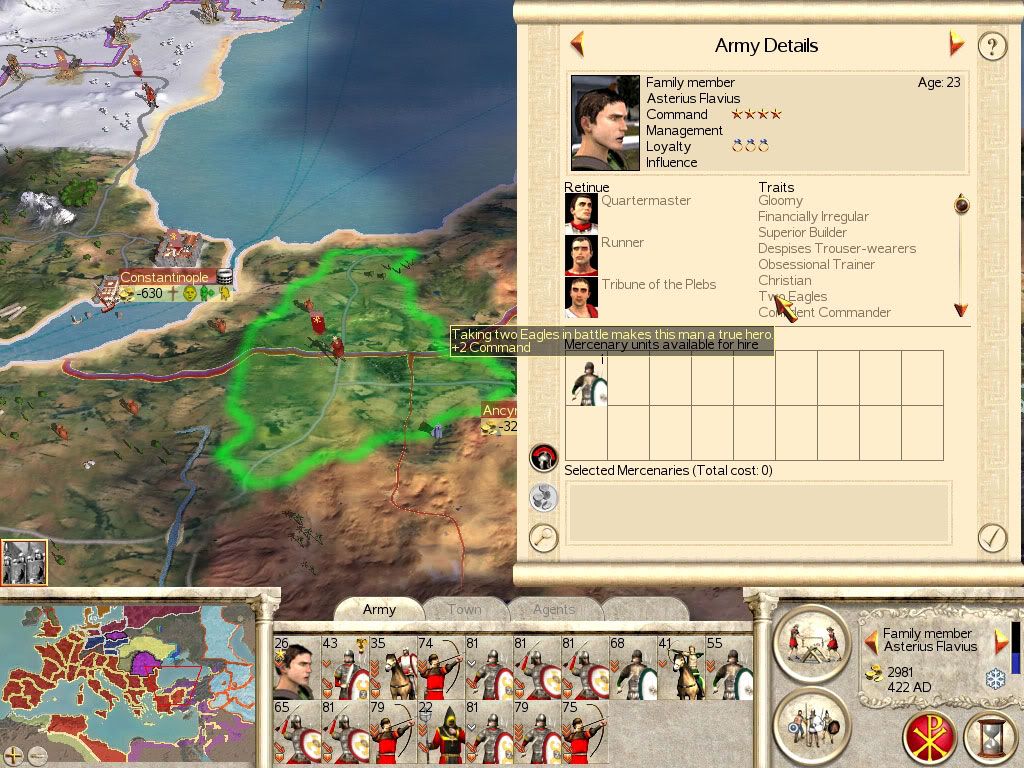
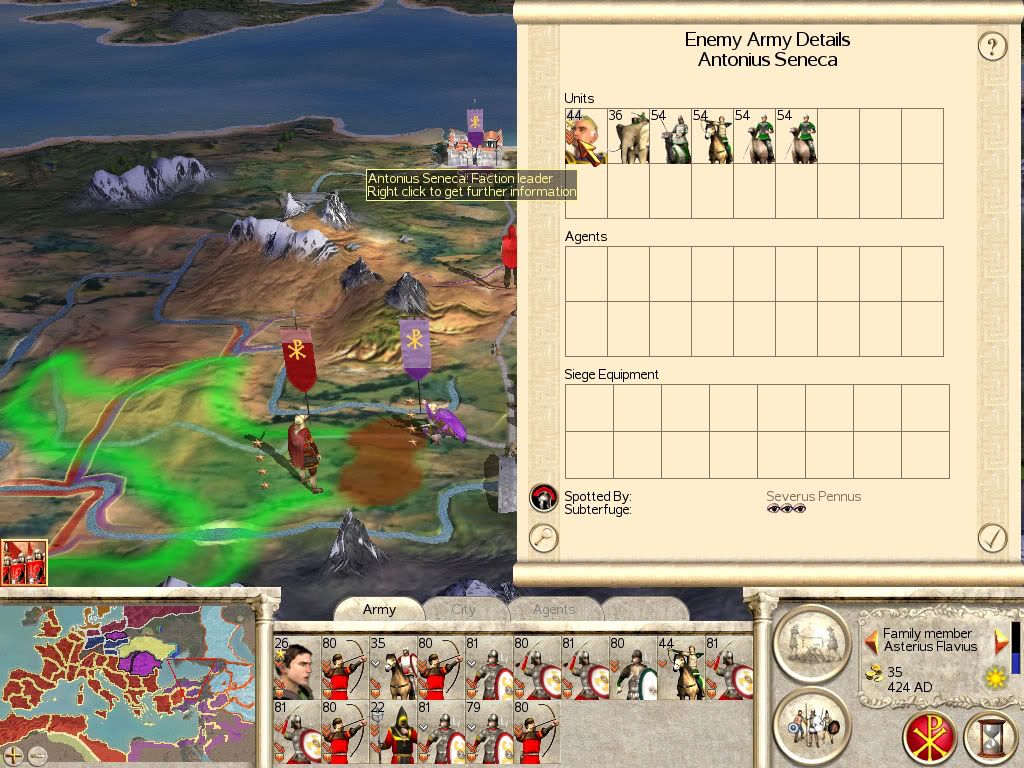
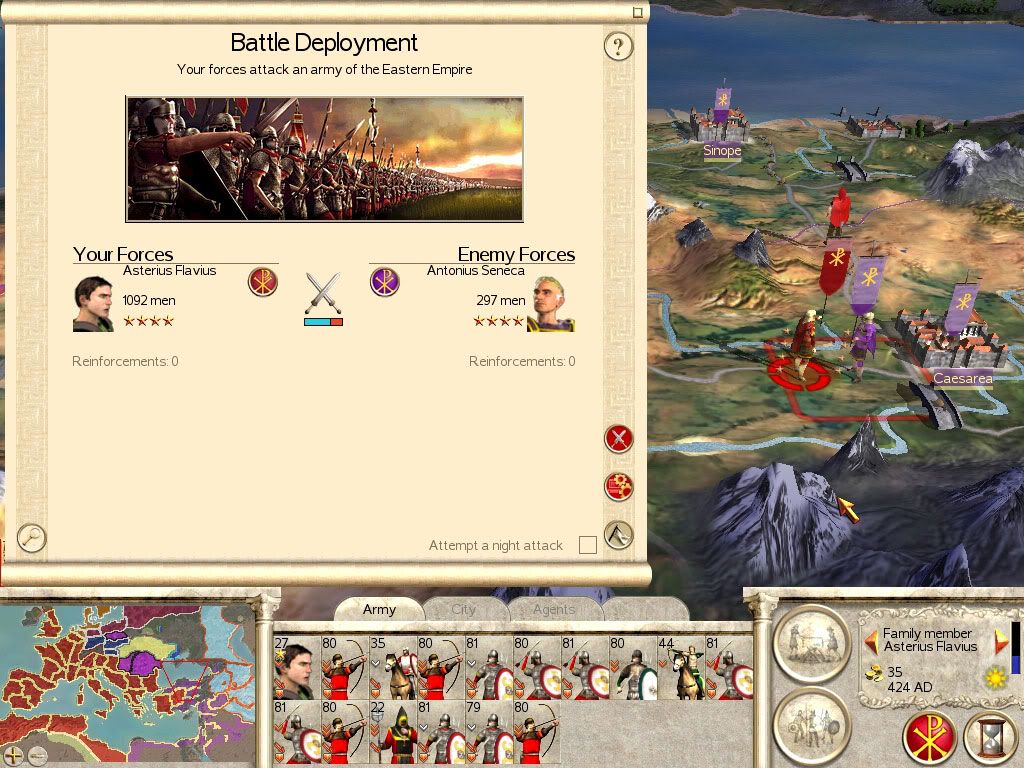
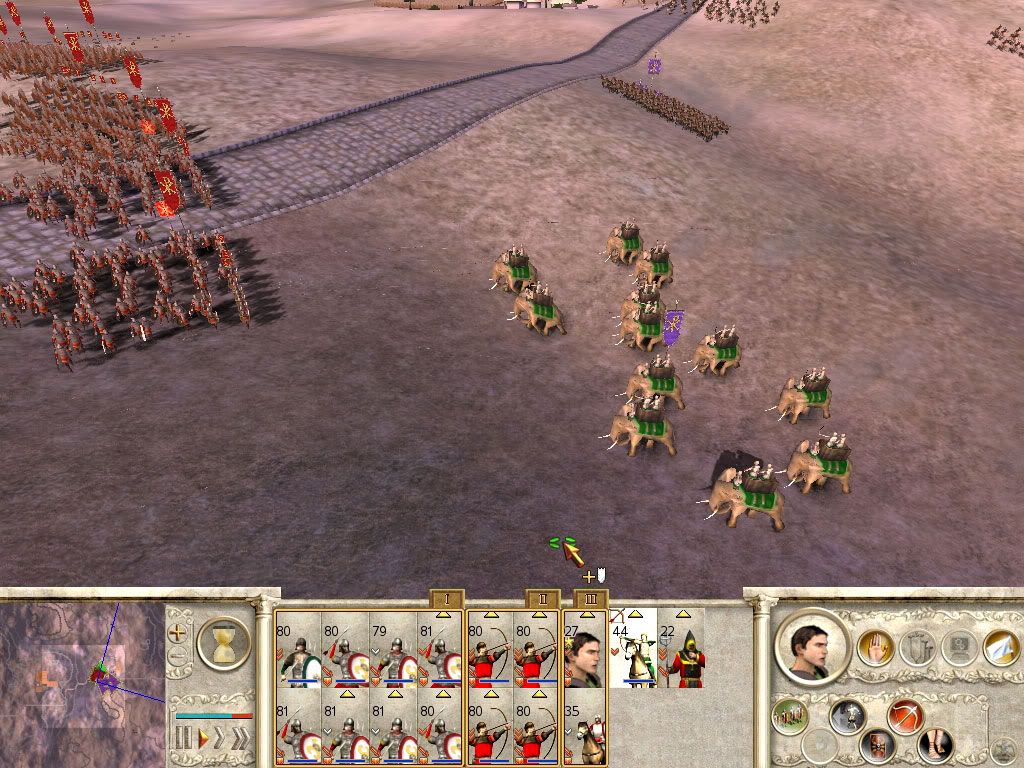
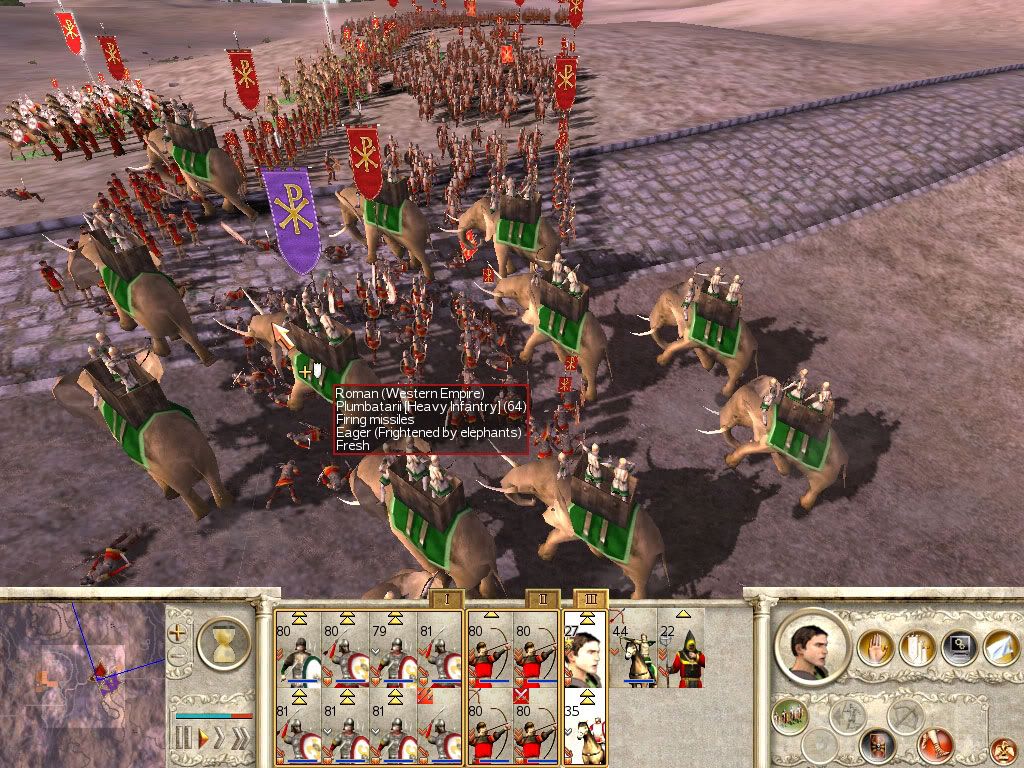
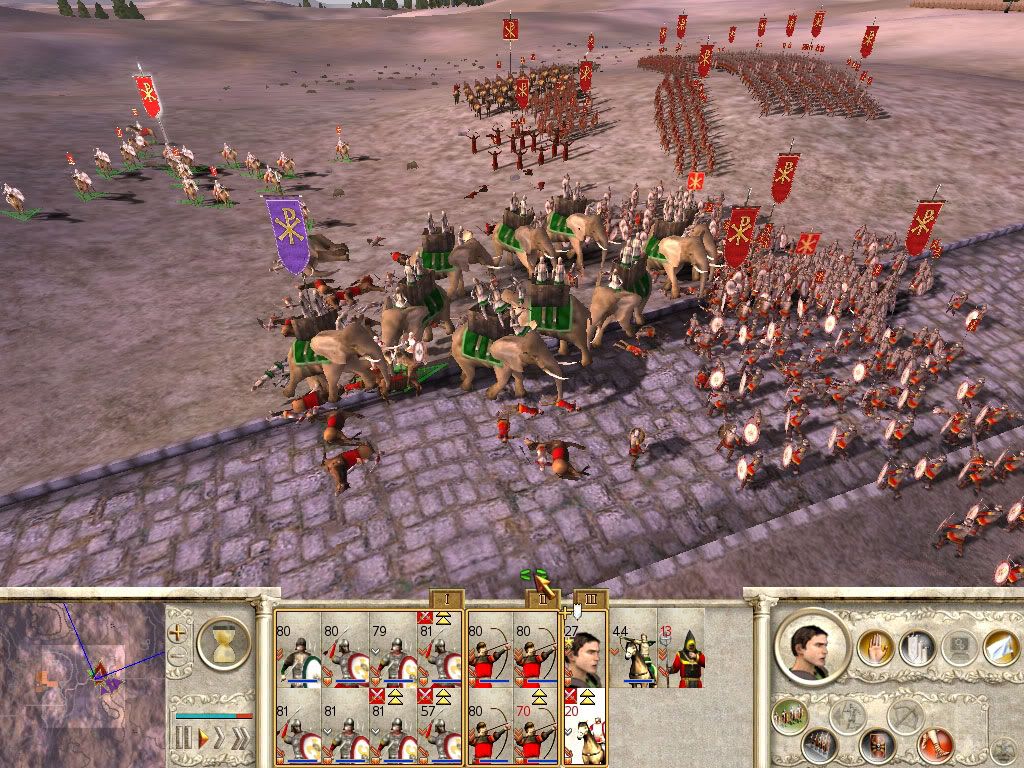
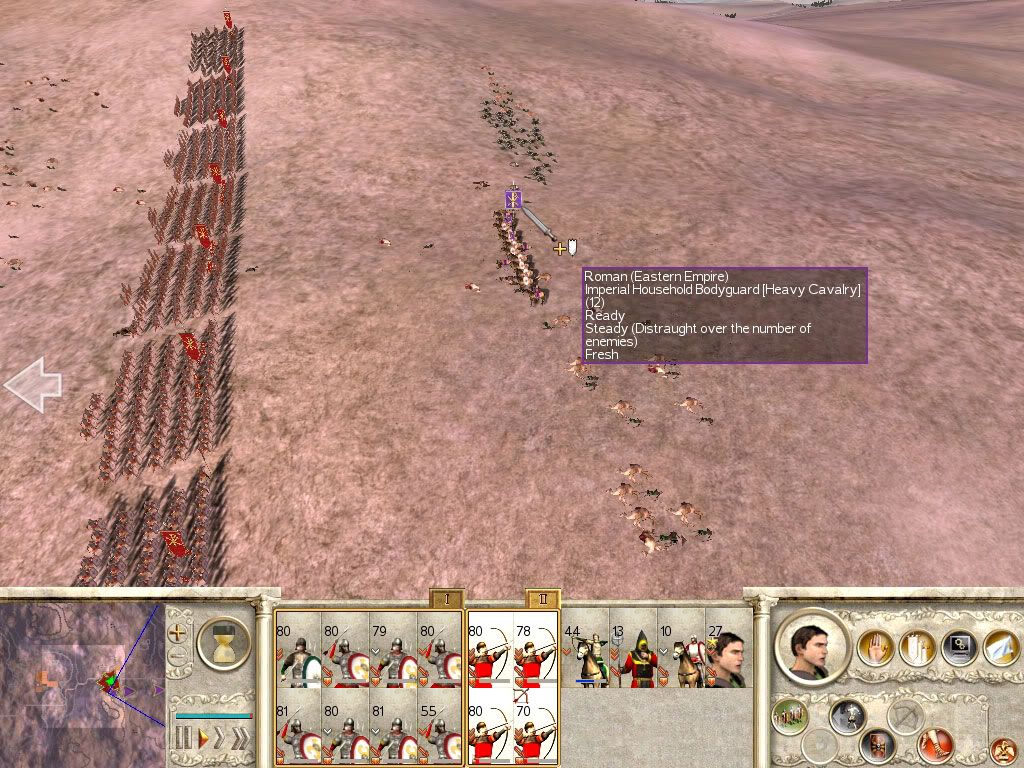
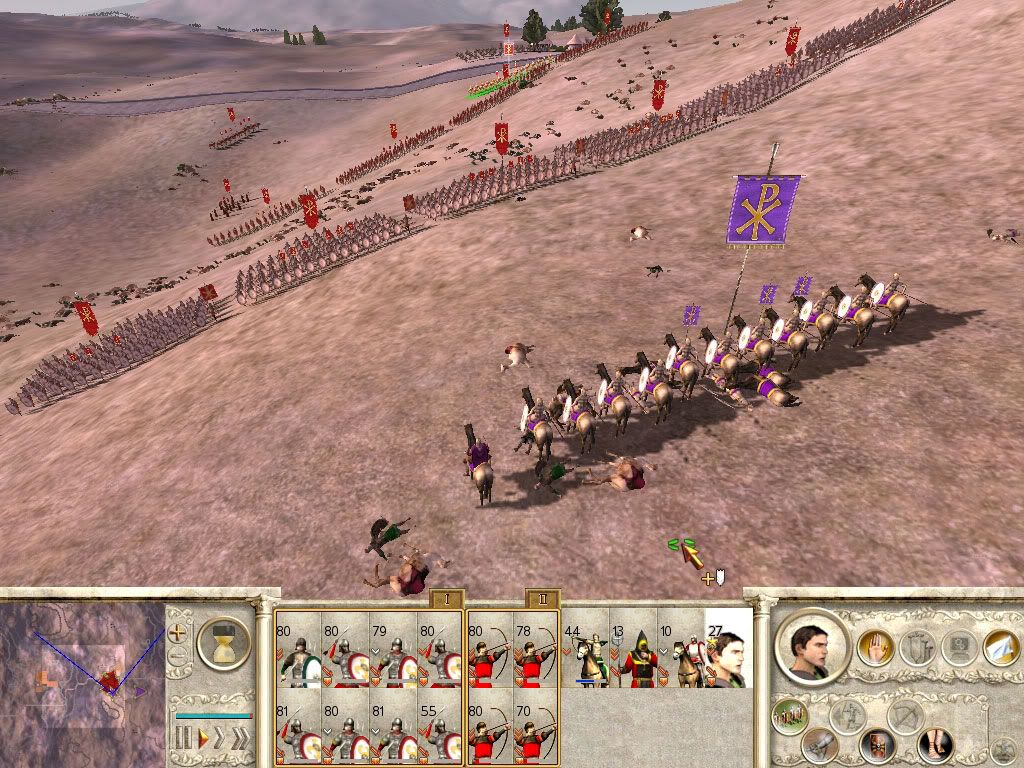
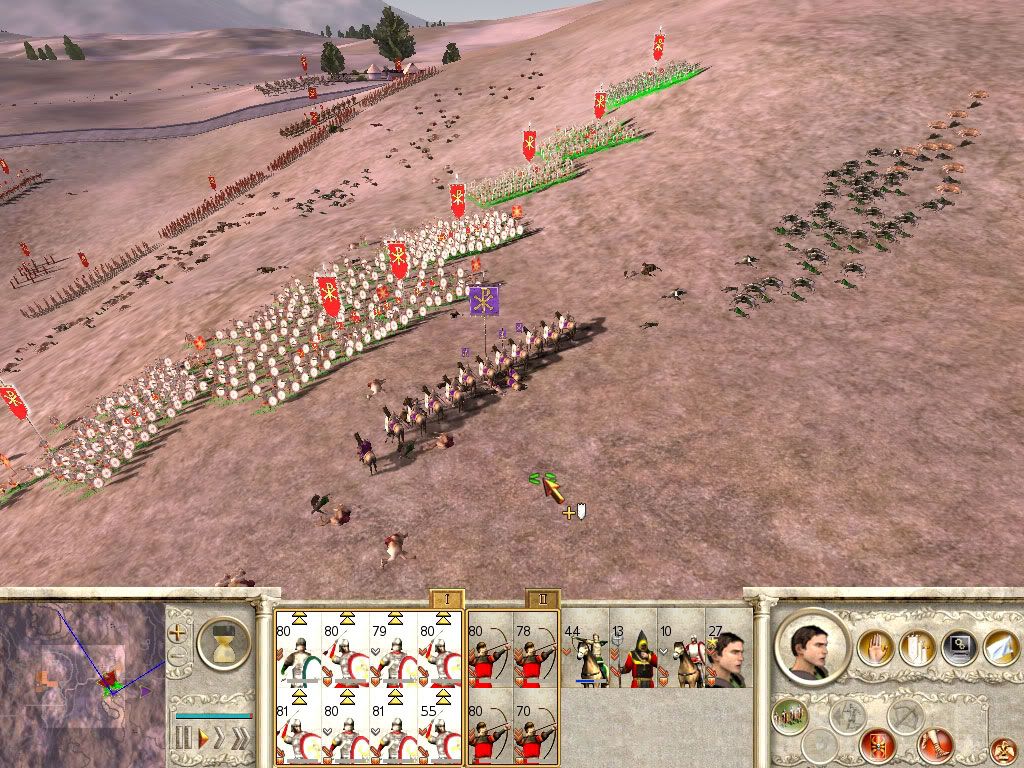
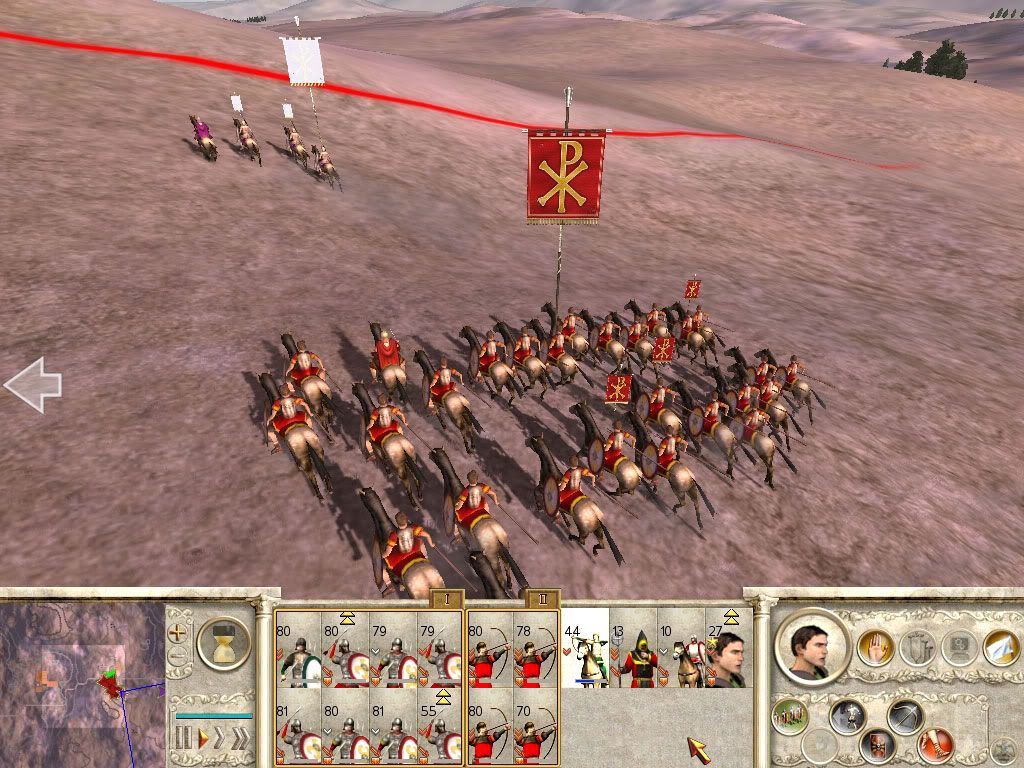
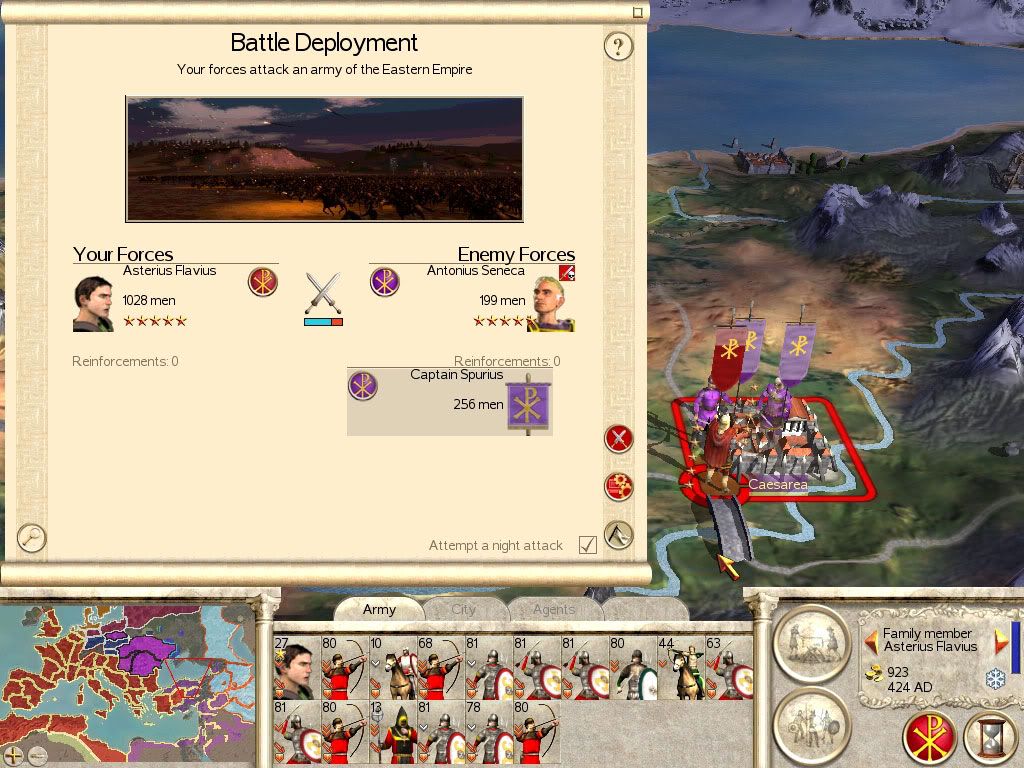

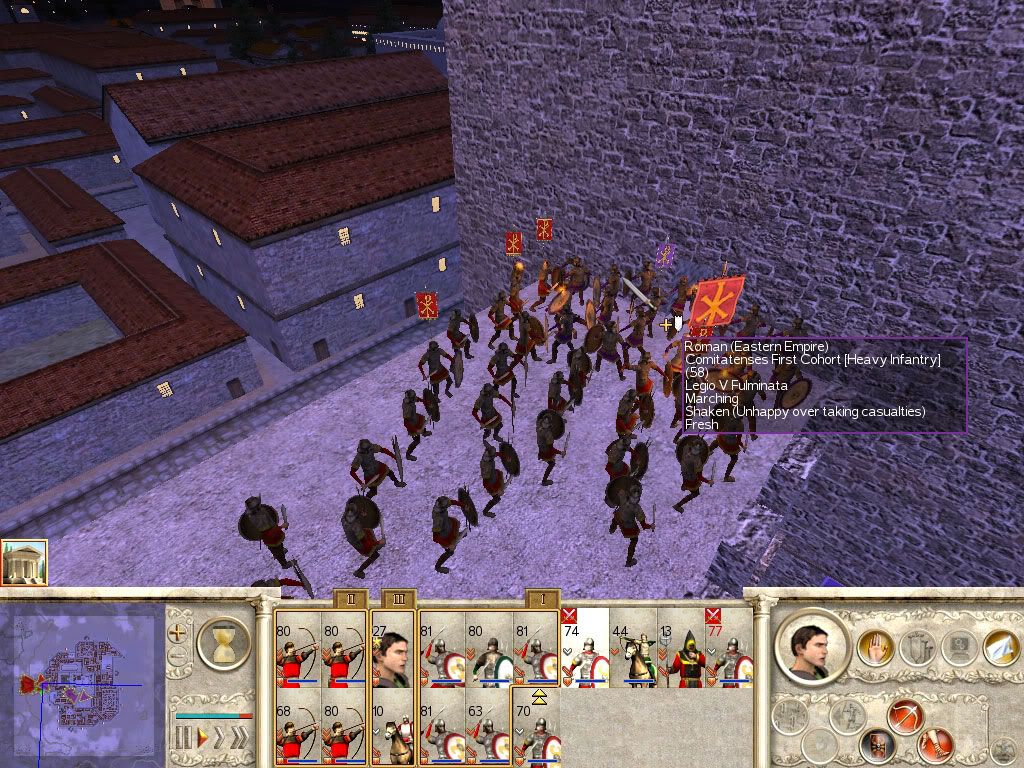
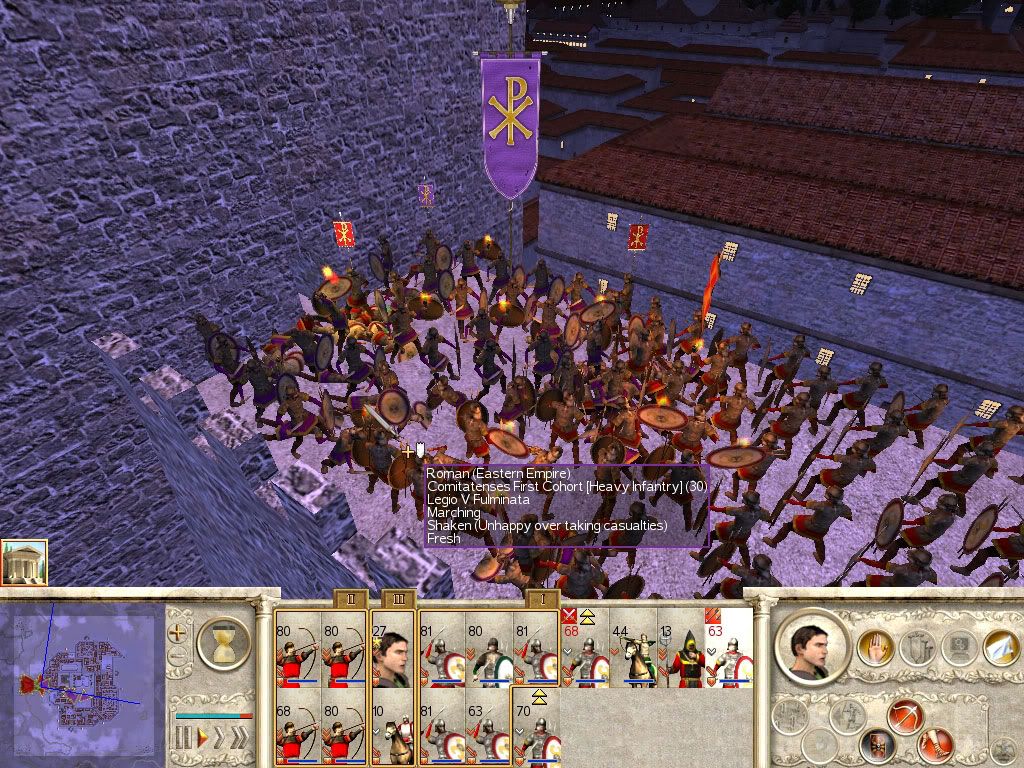
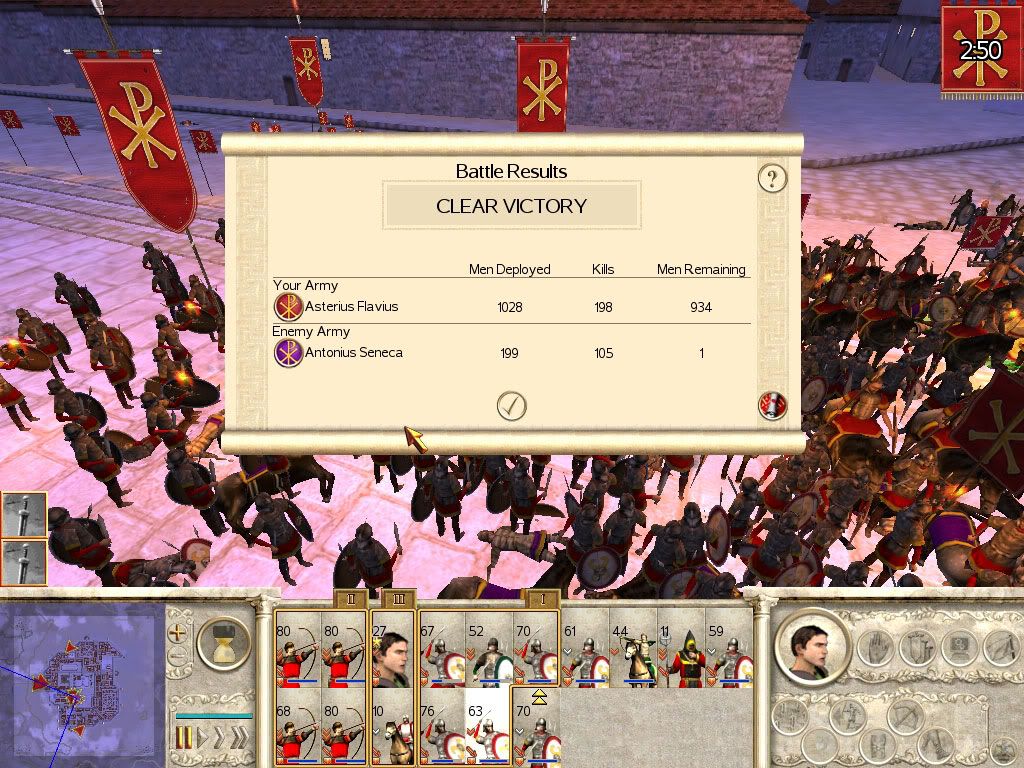
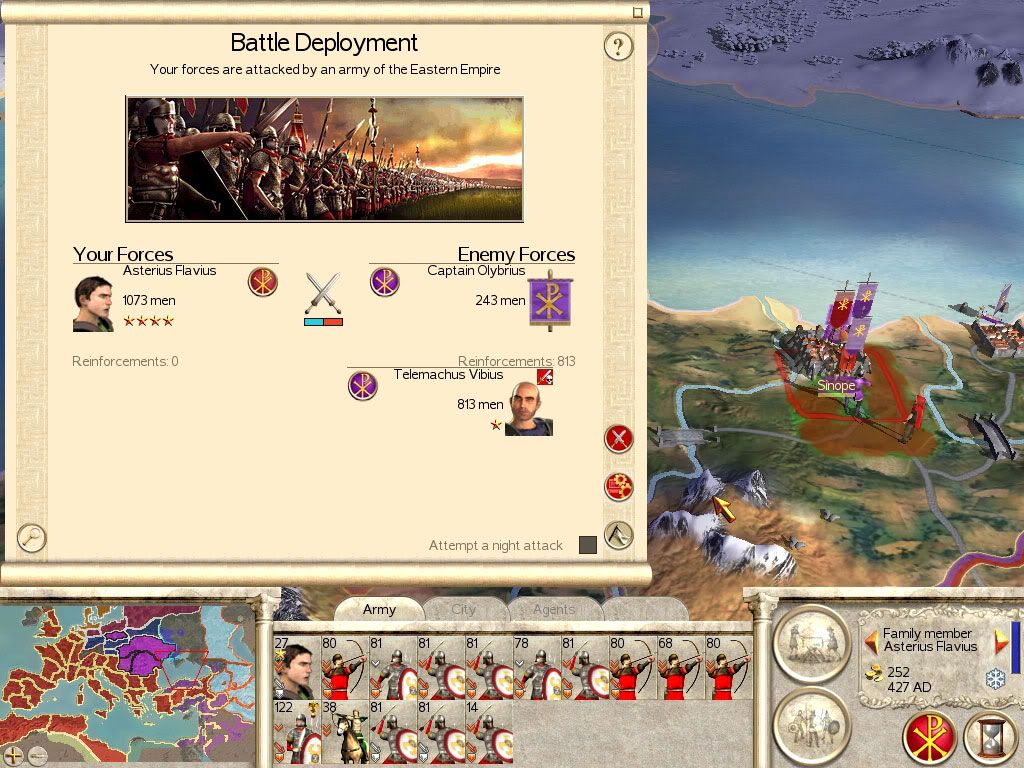
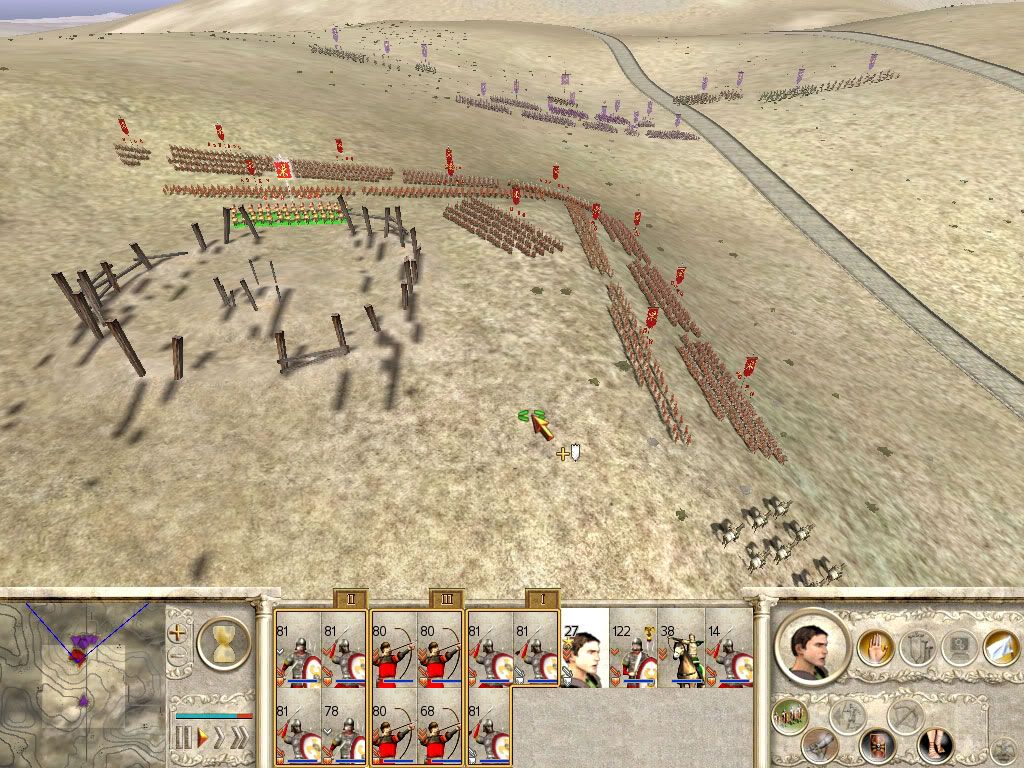
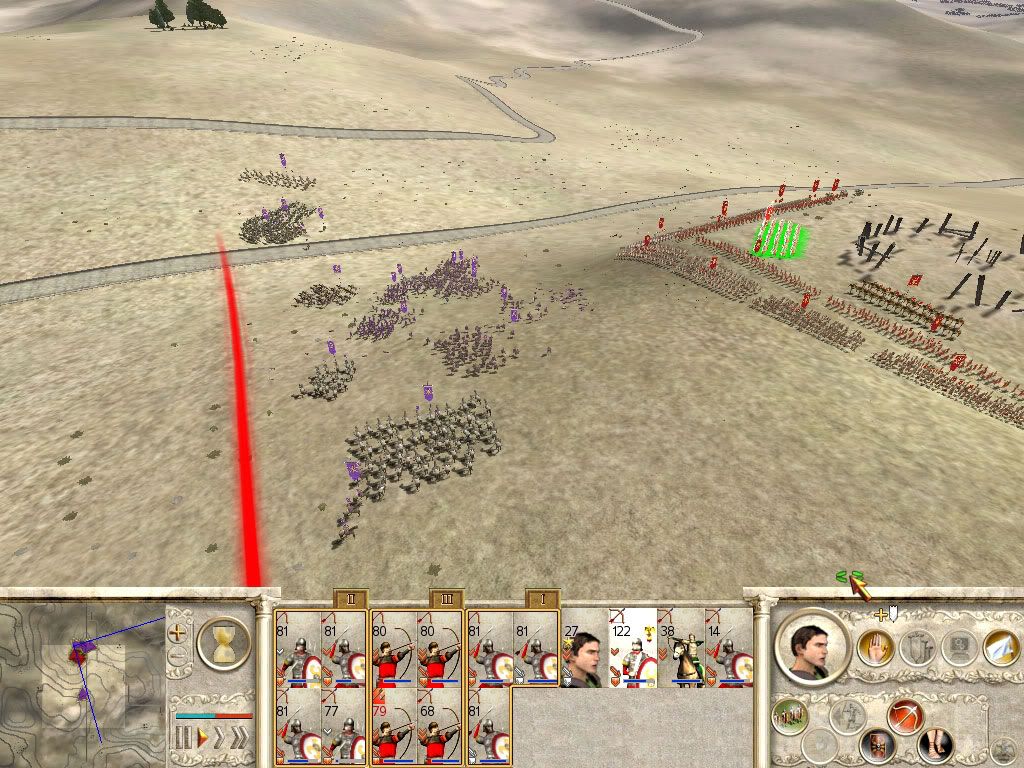
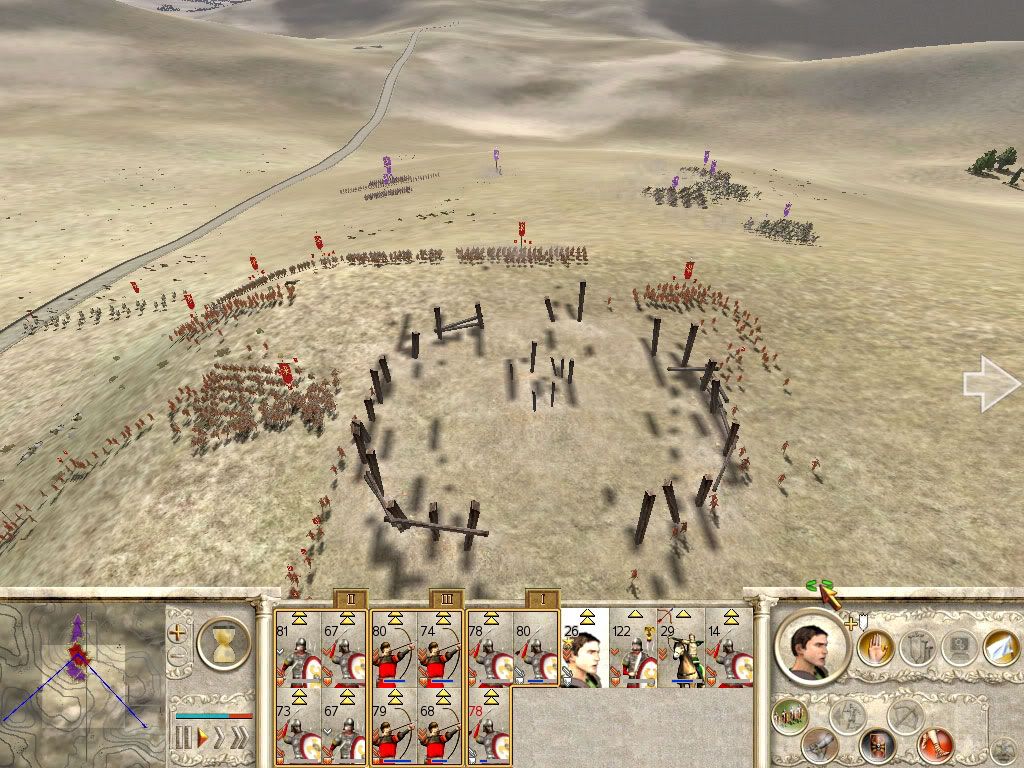
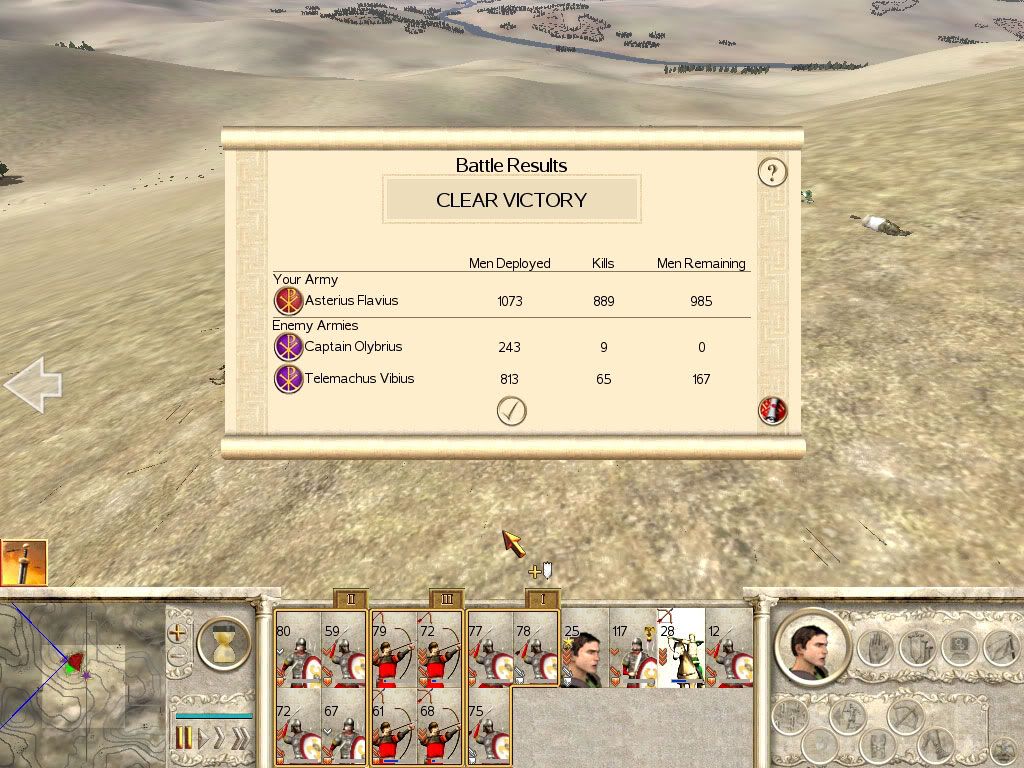
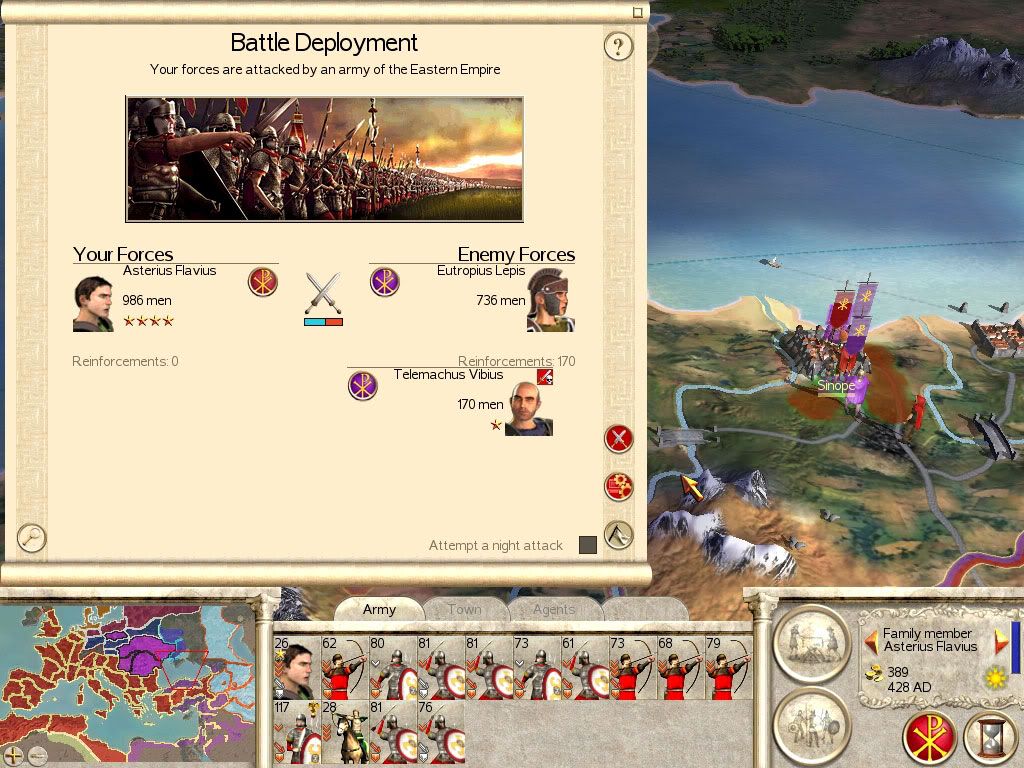
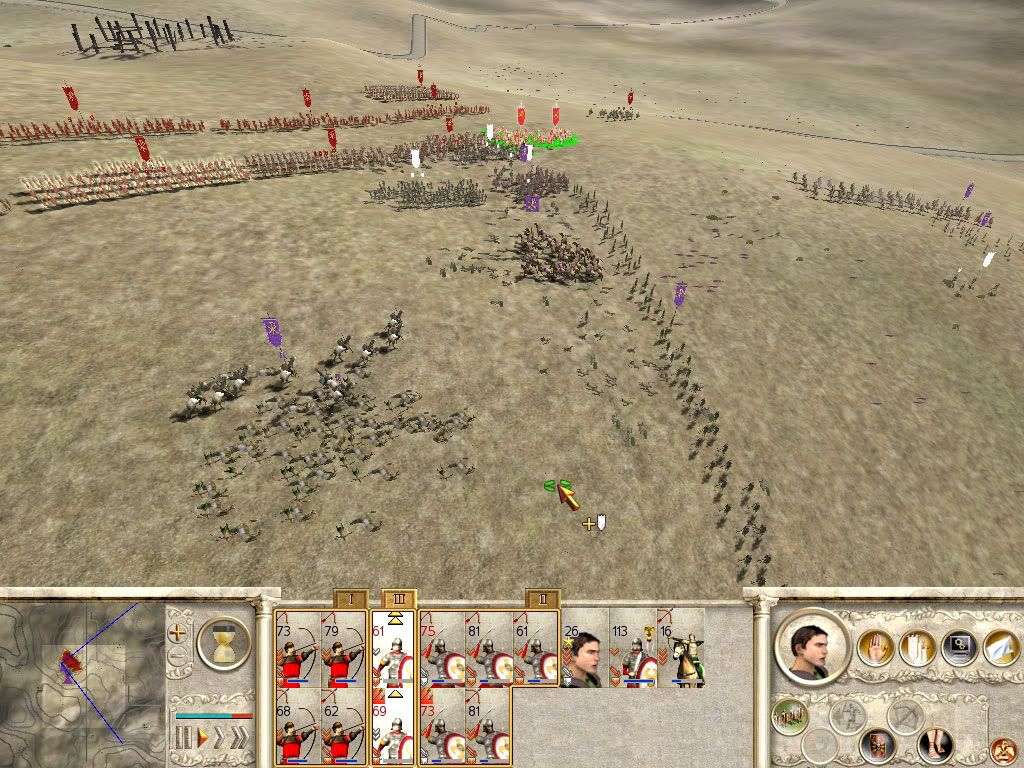
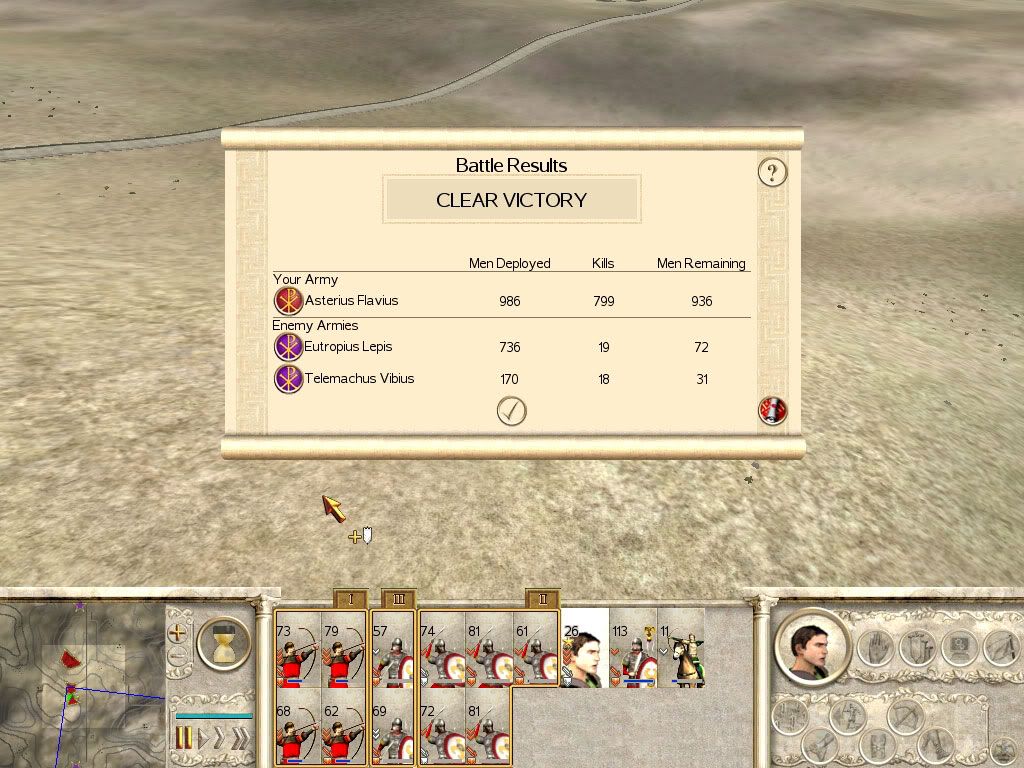
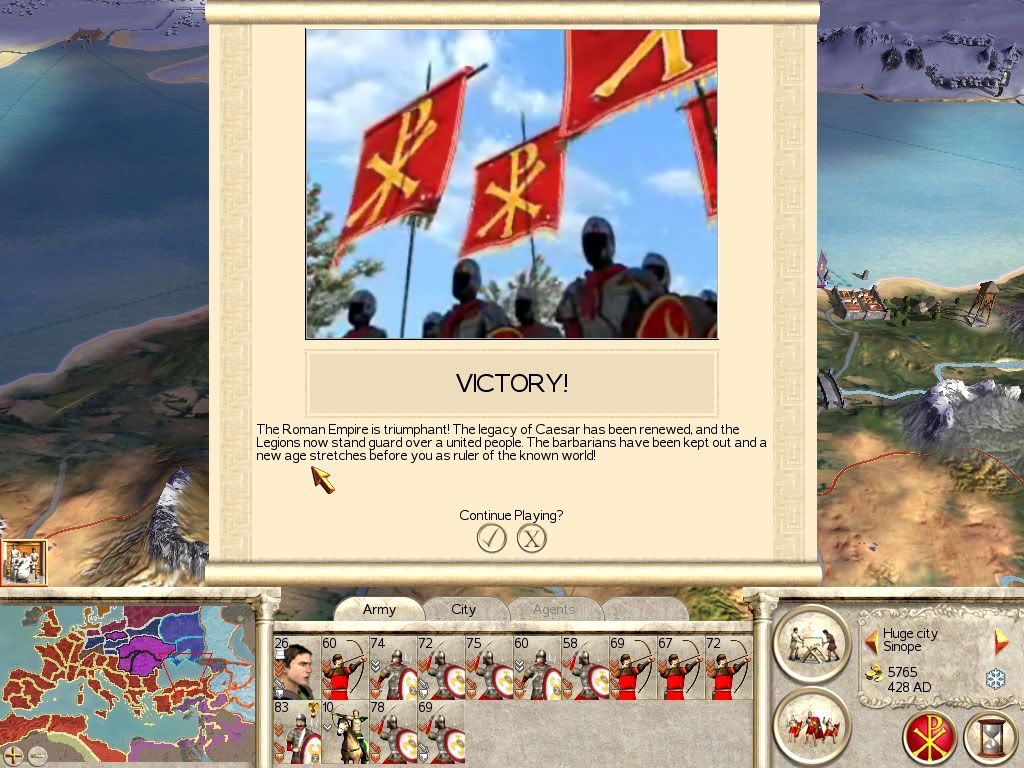
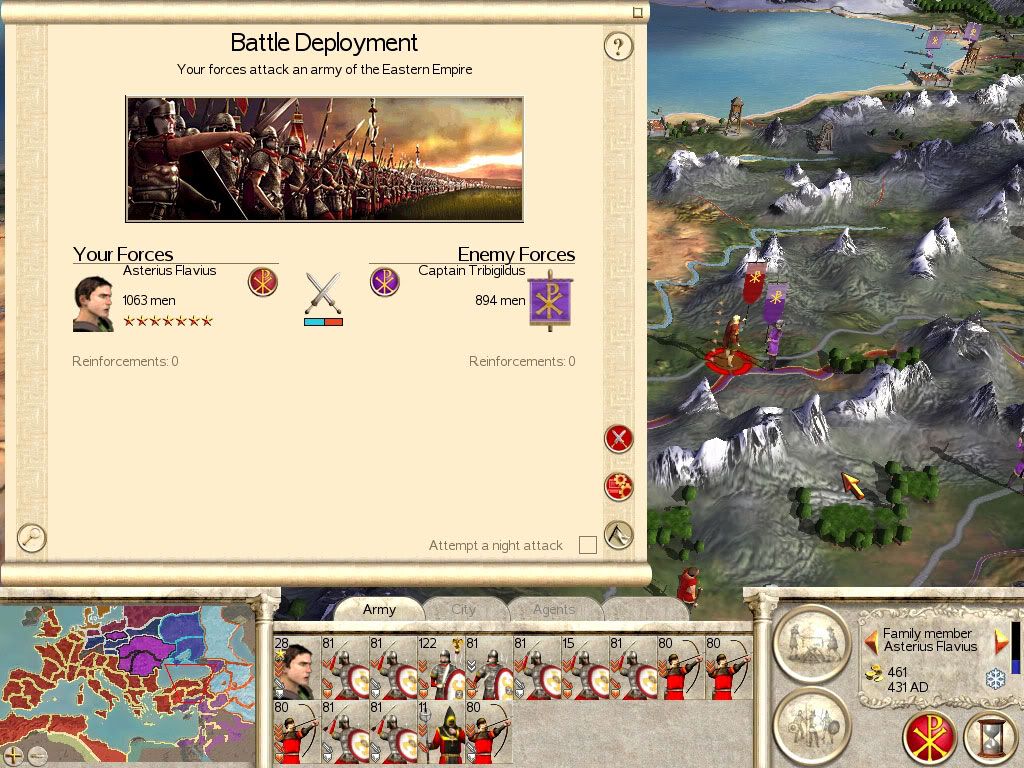
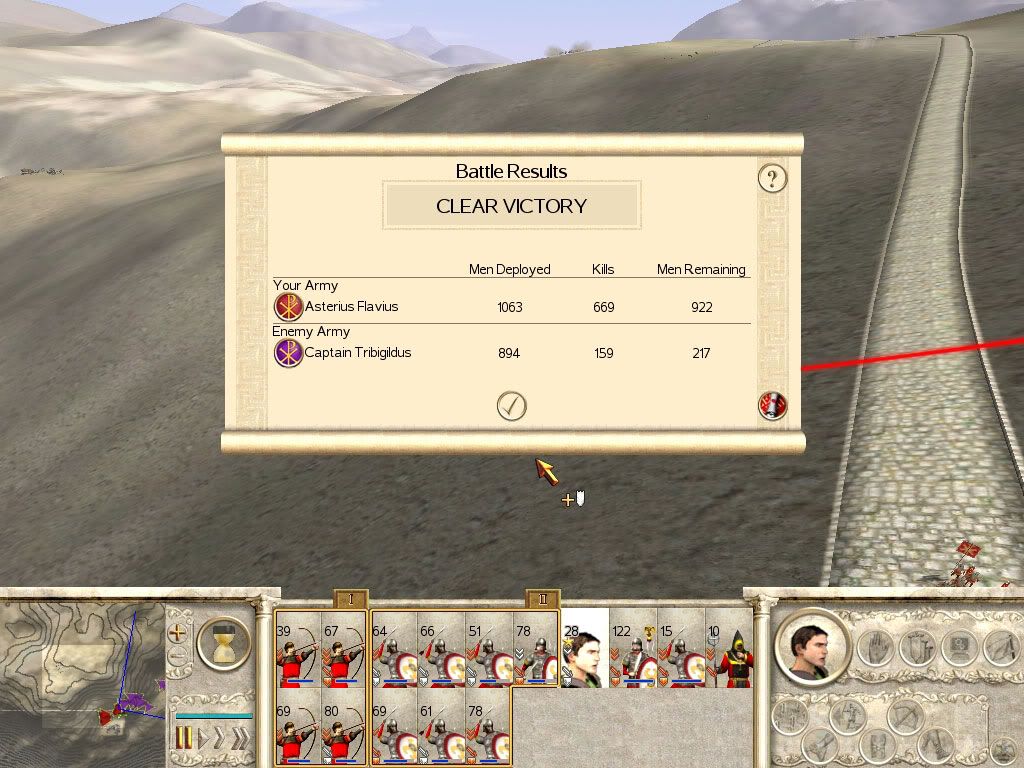
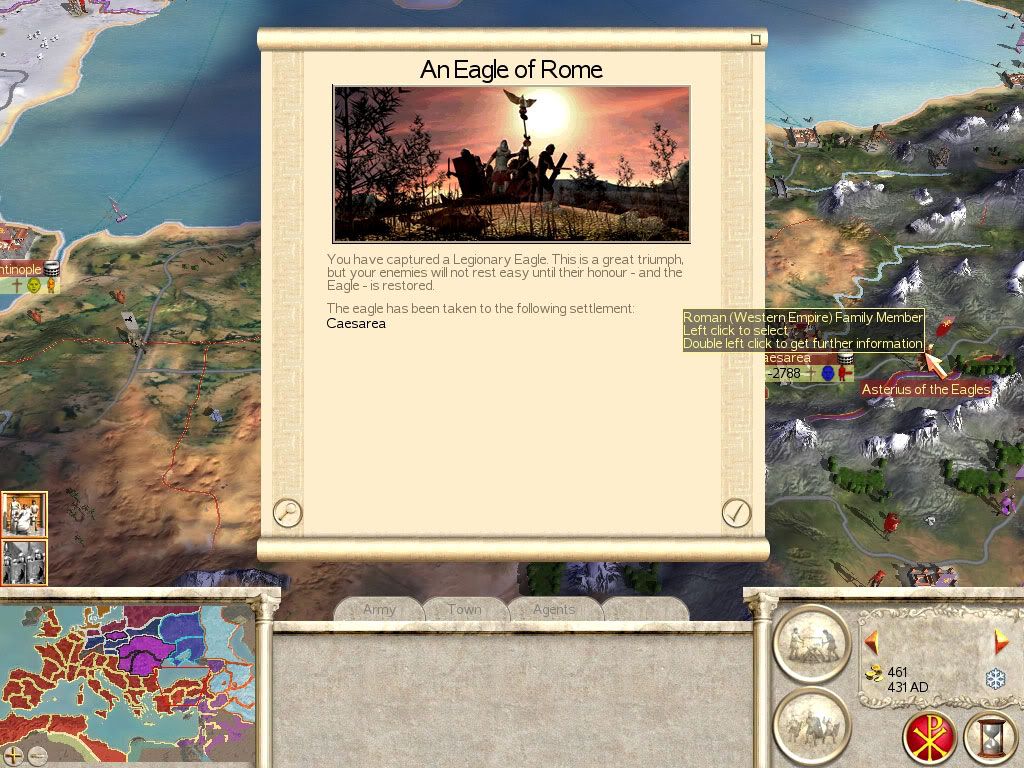
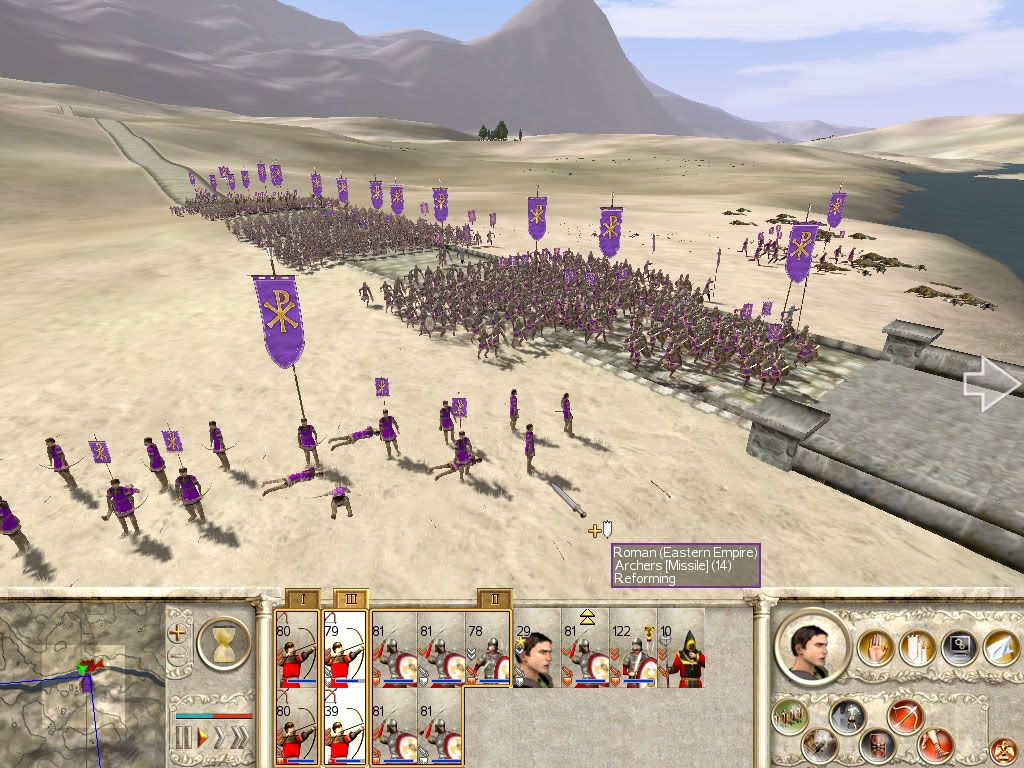
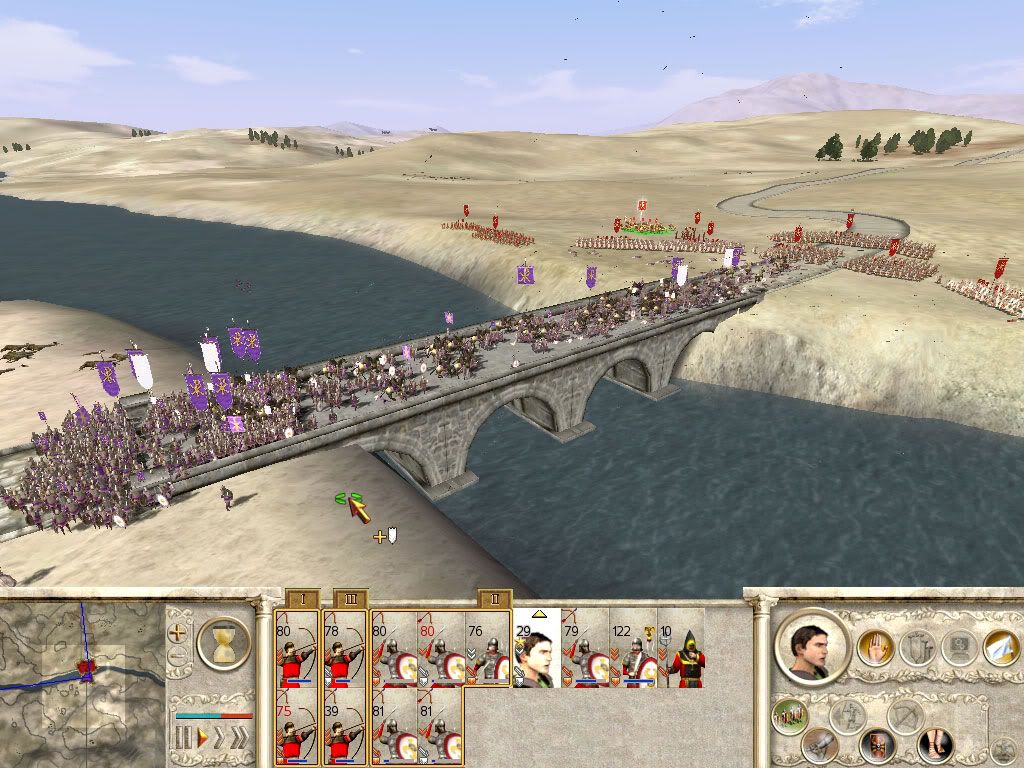
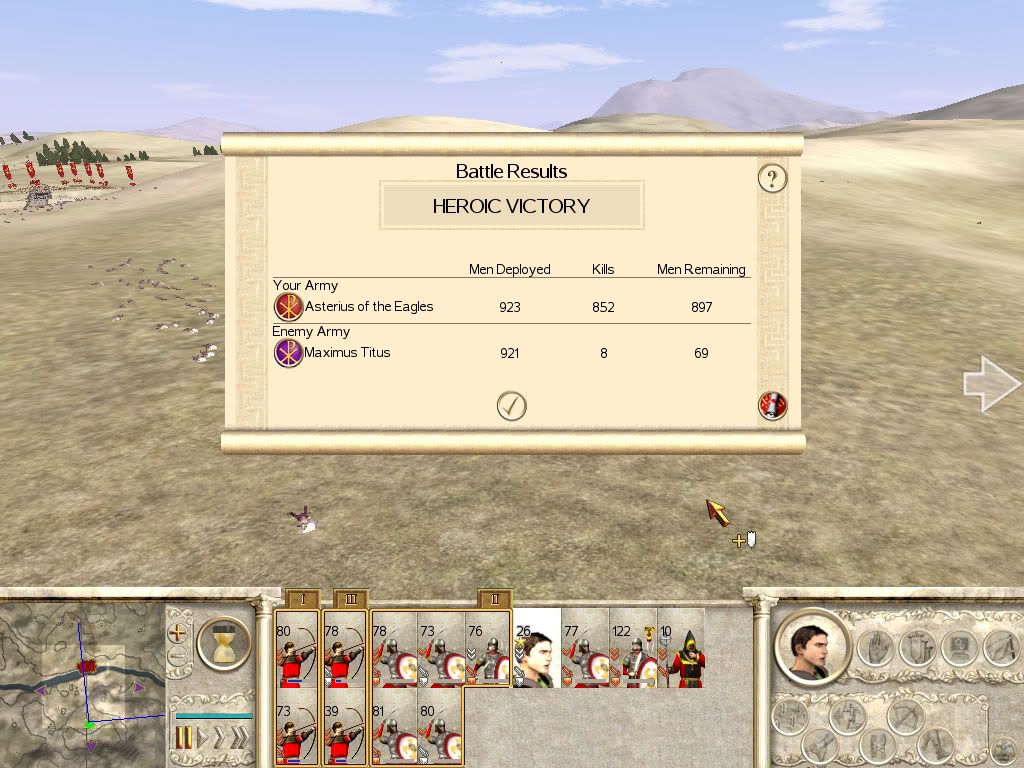
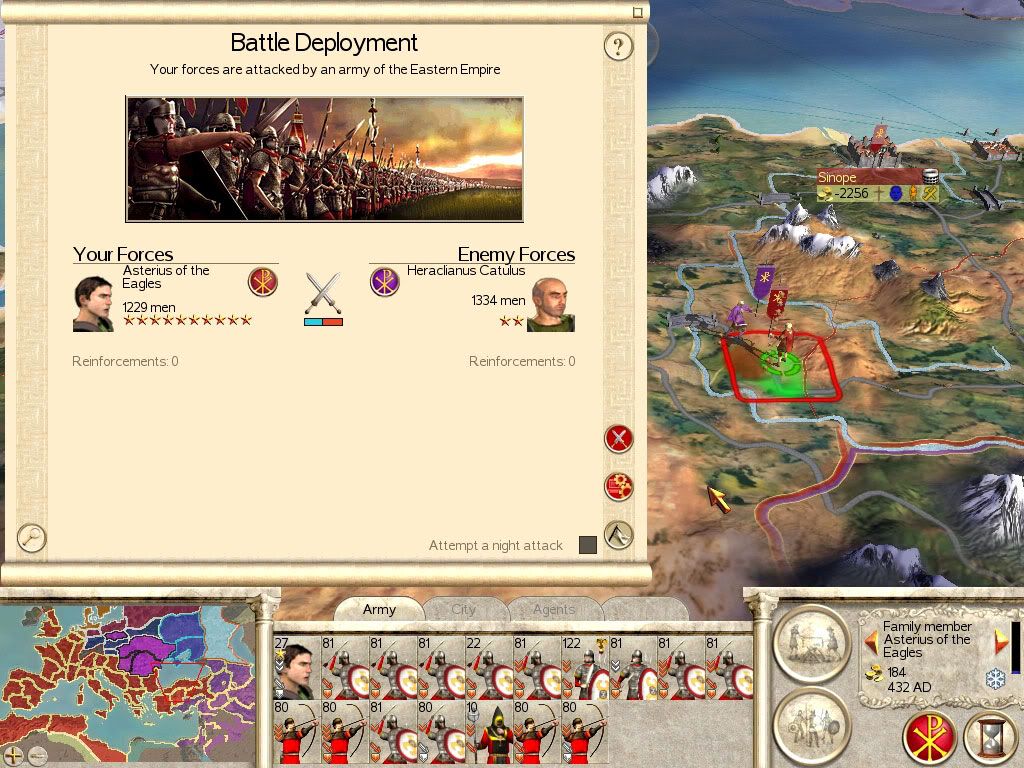
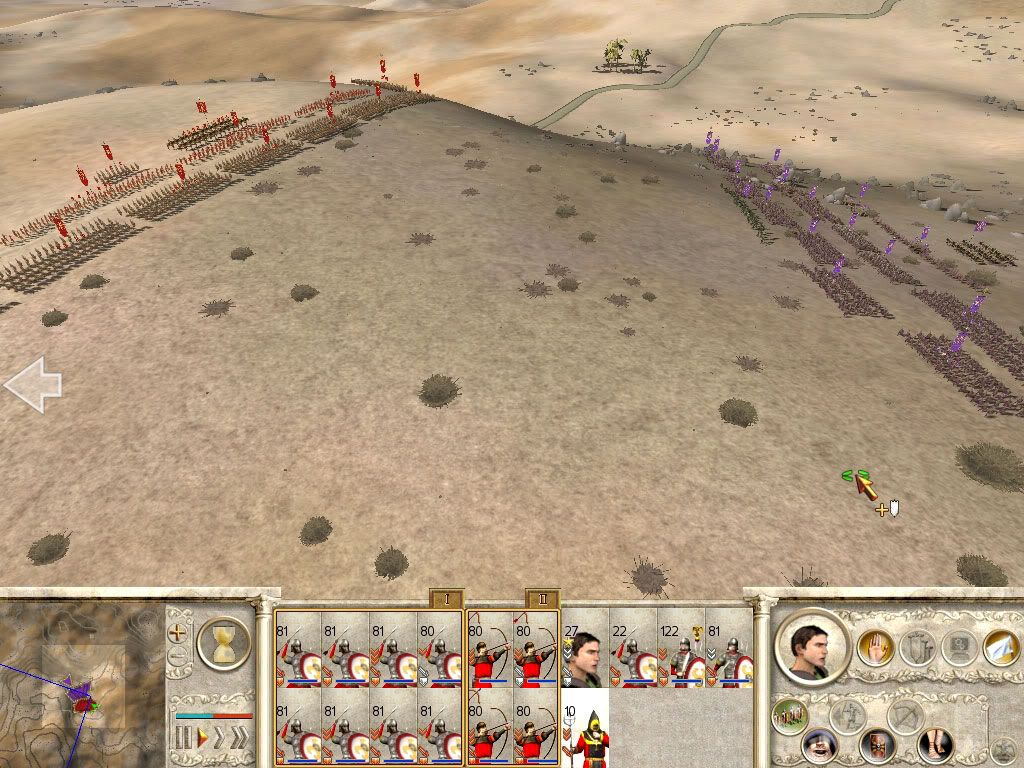
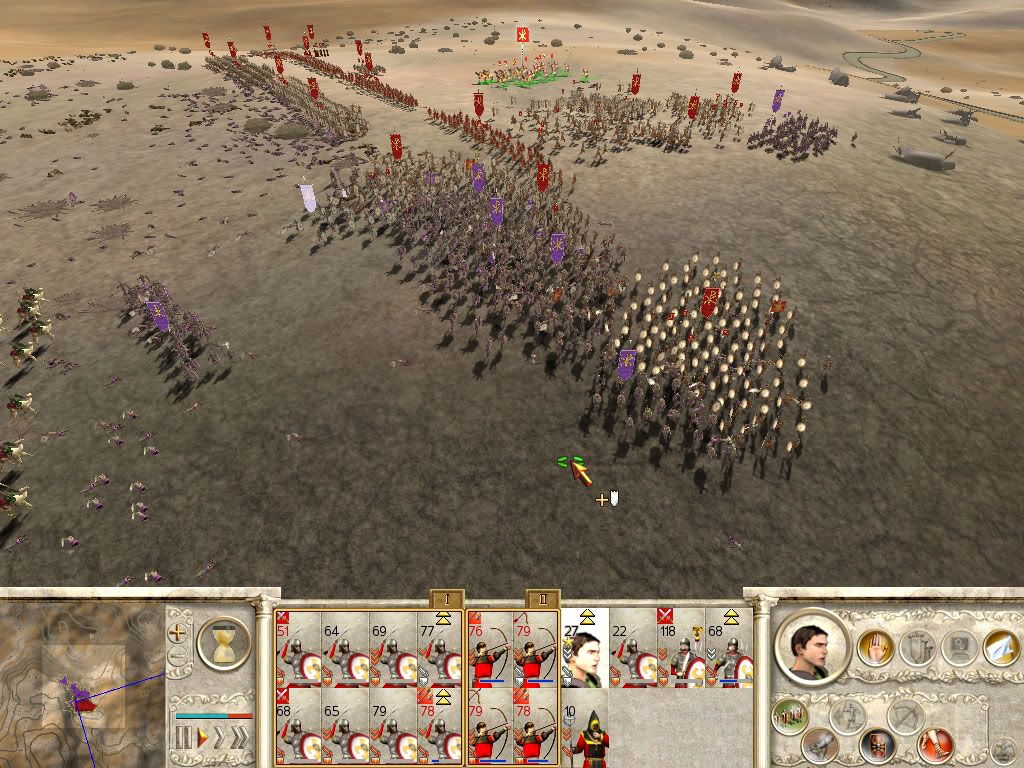
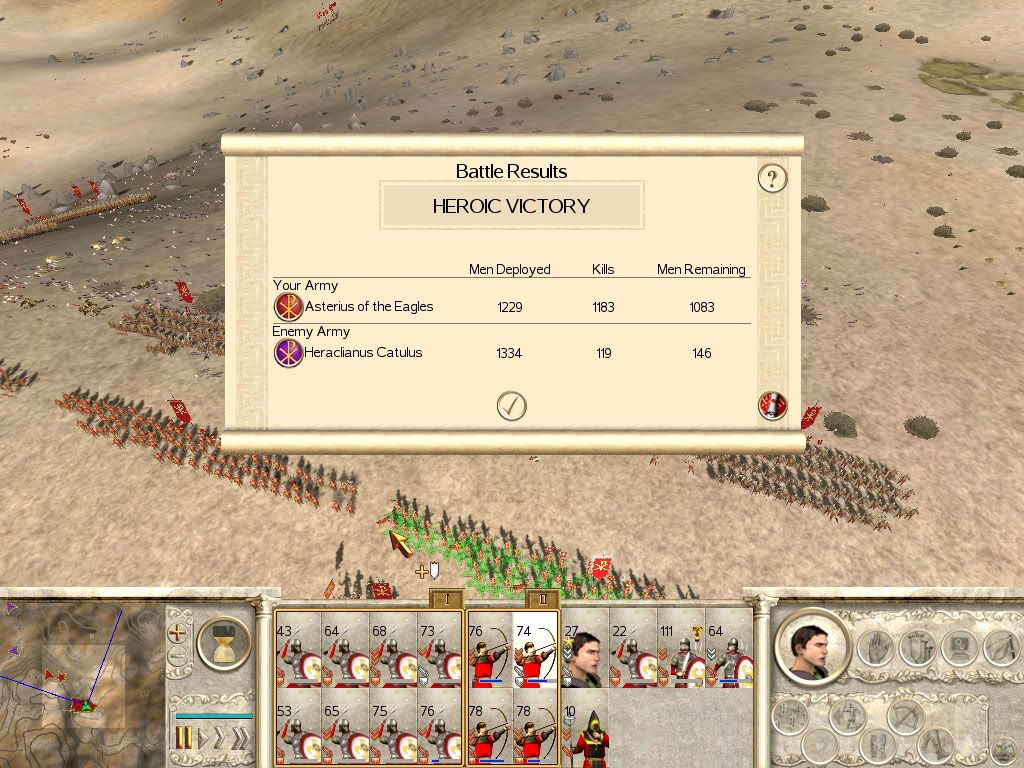
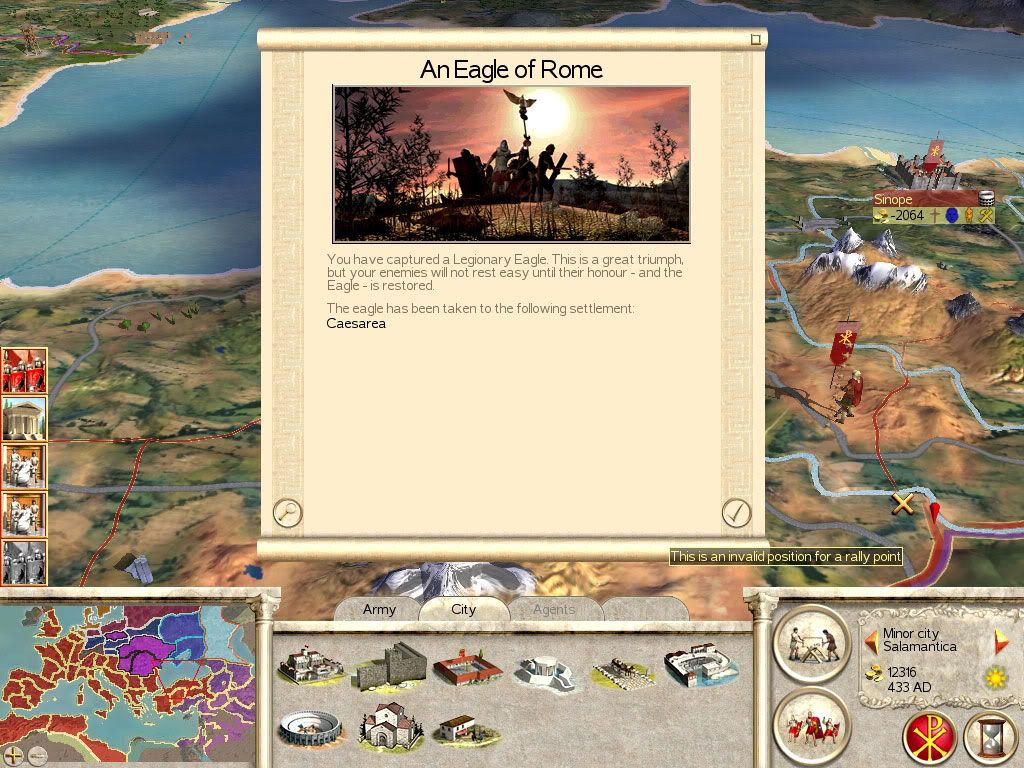
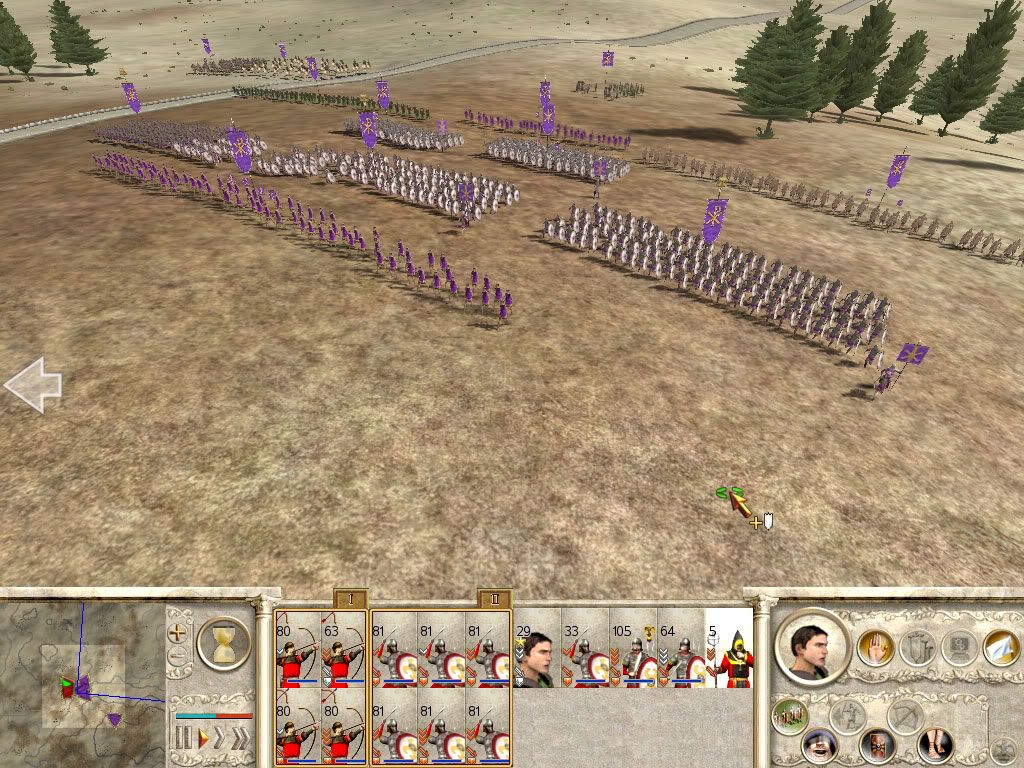
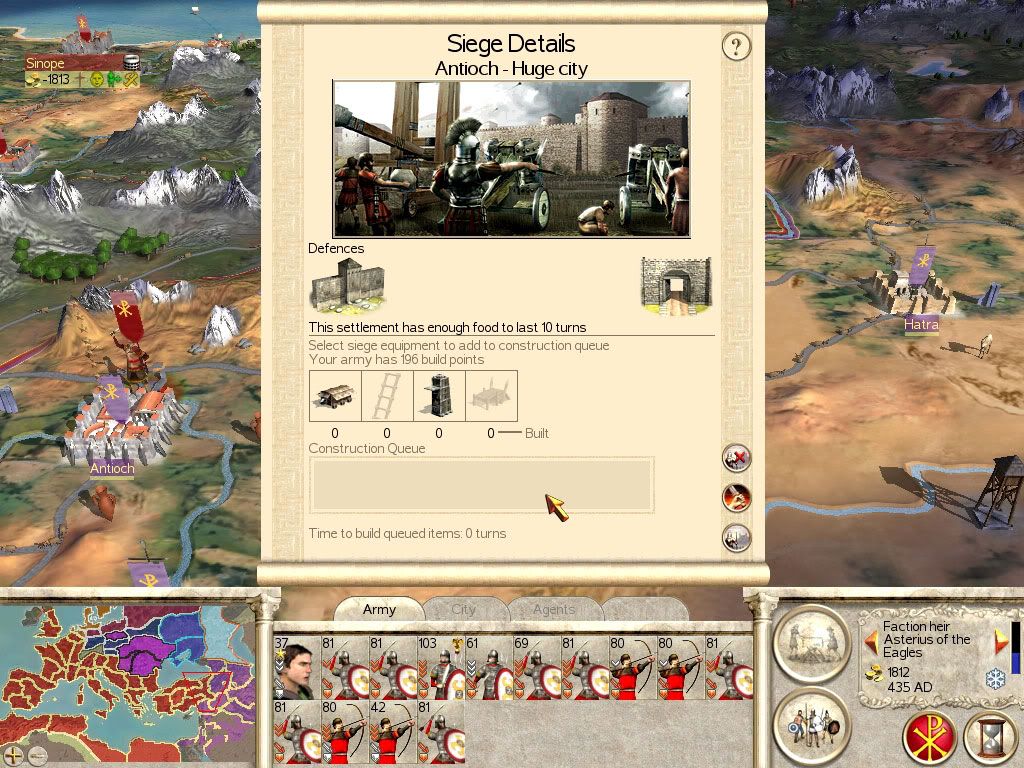

 Reply With Quote
Reply With Quote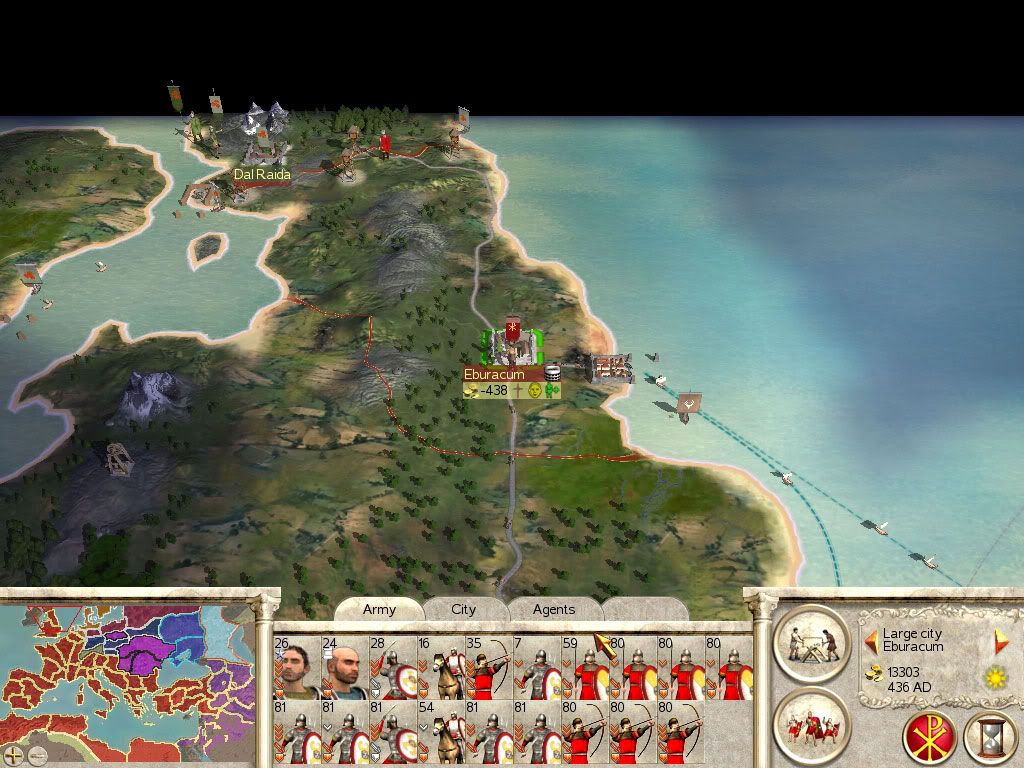
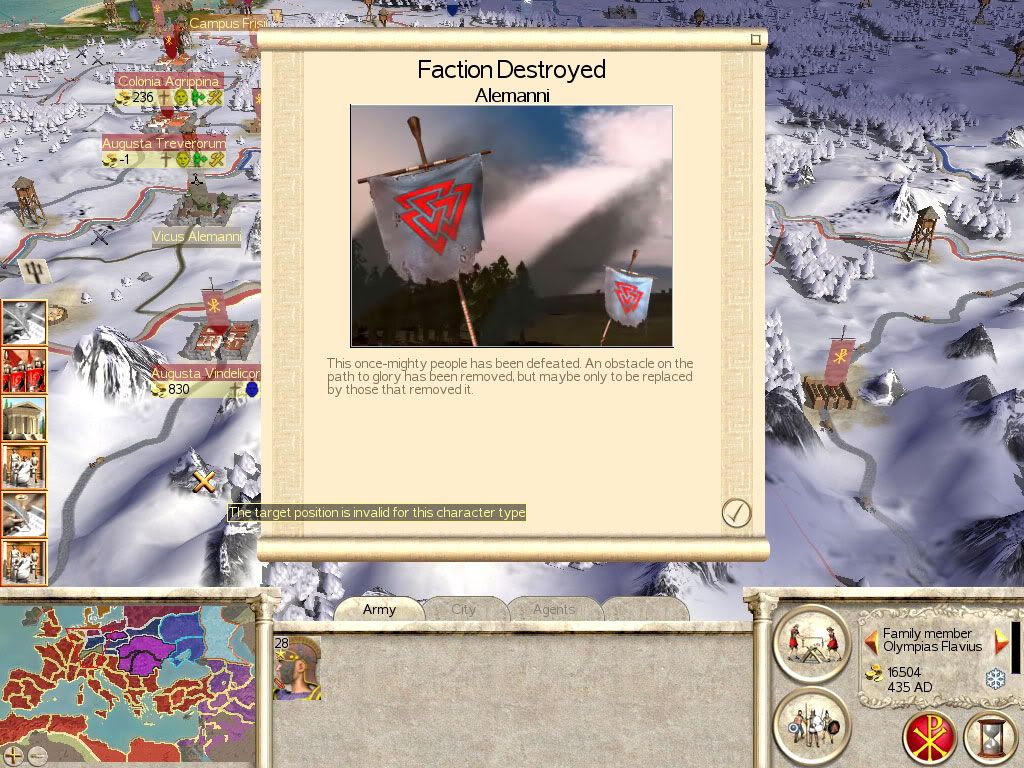
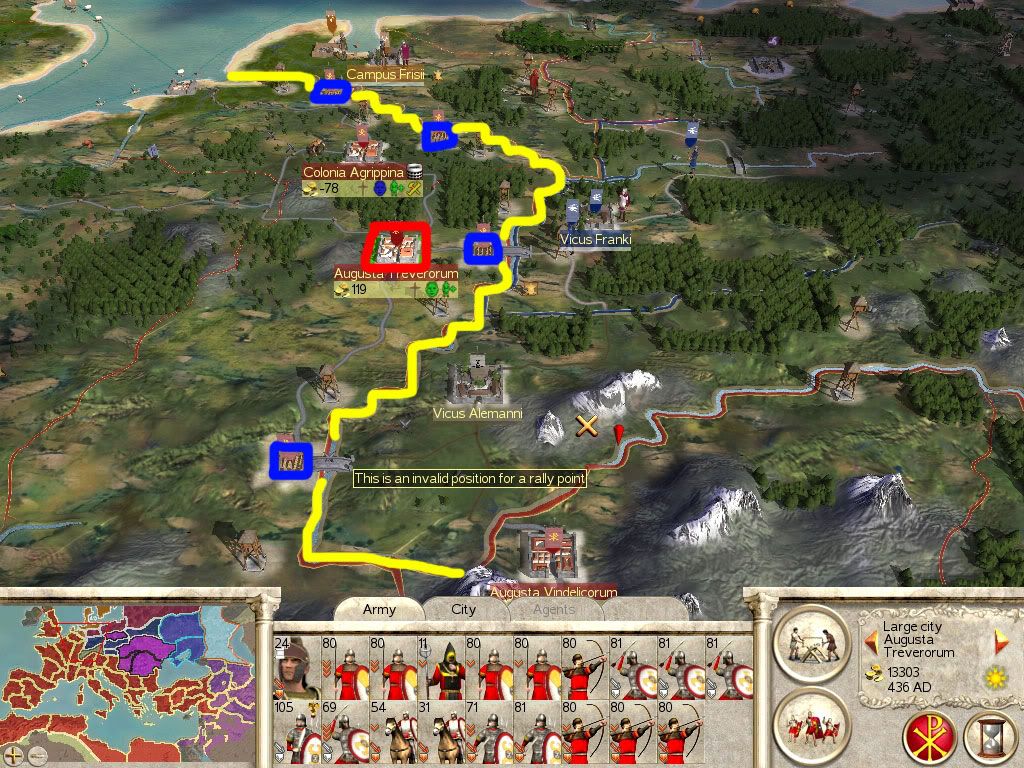
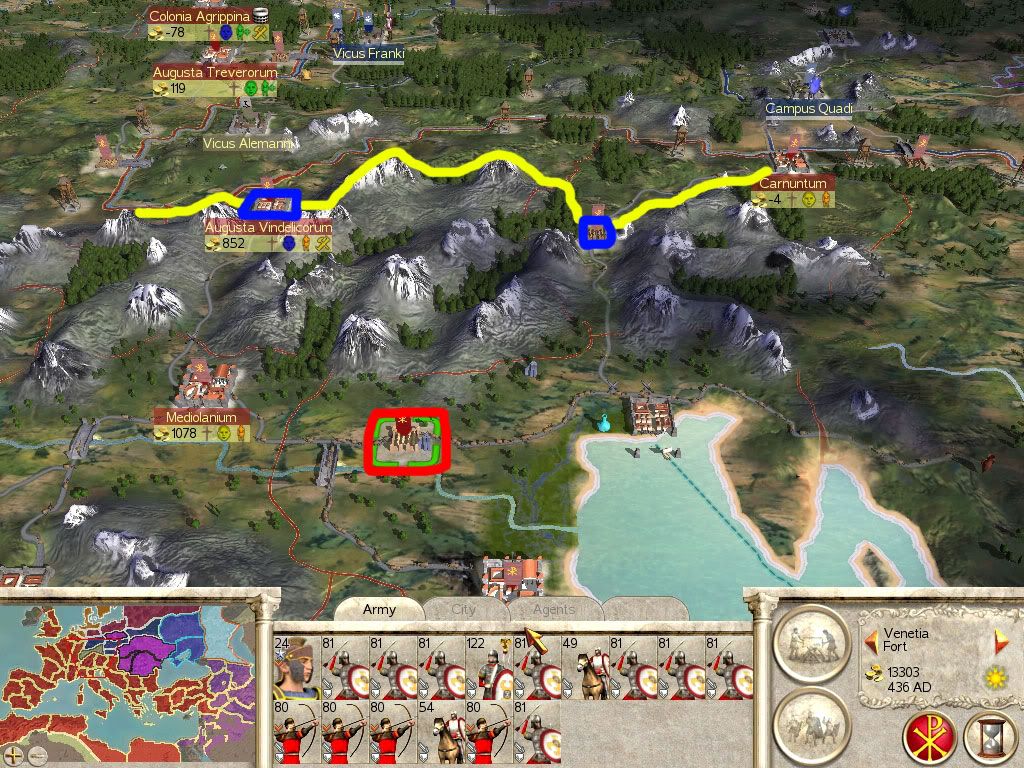
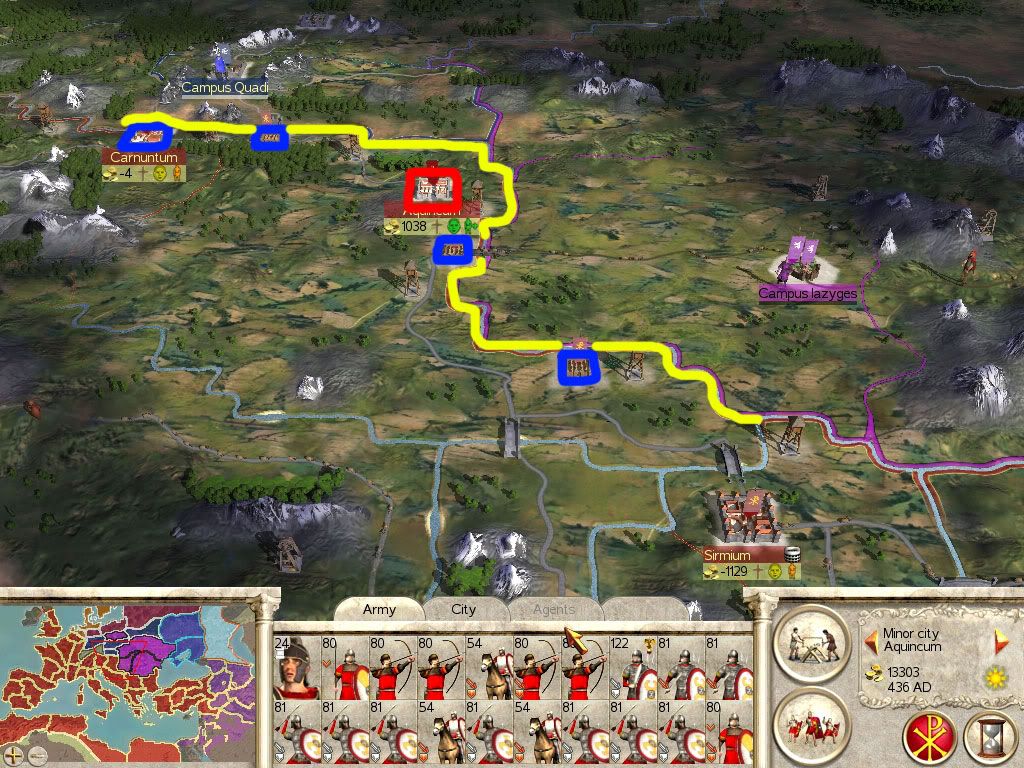
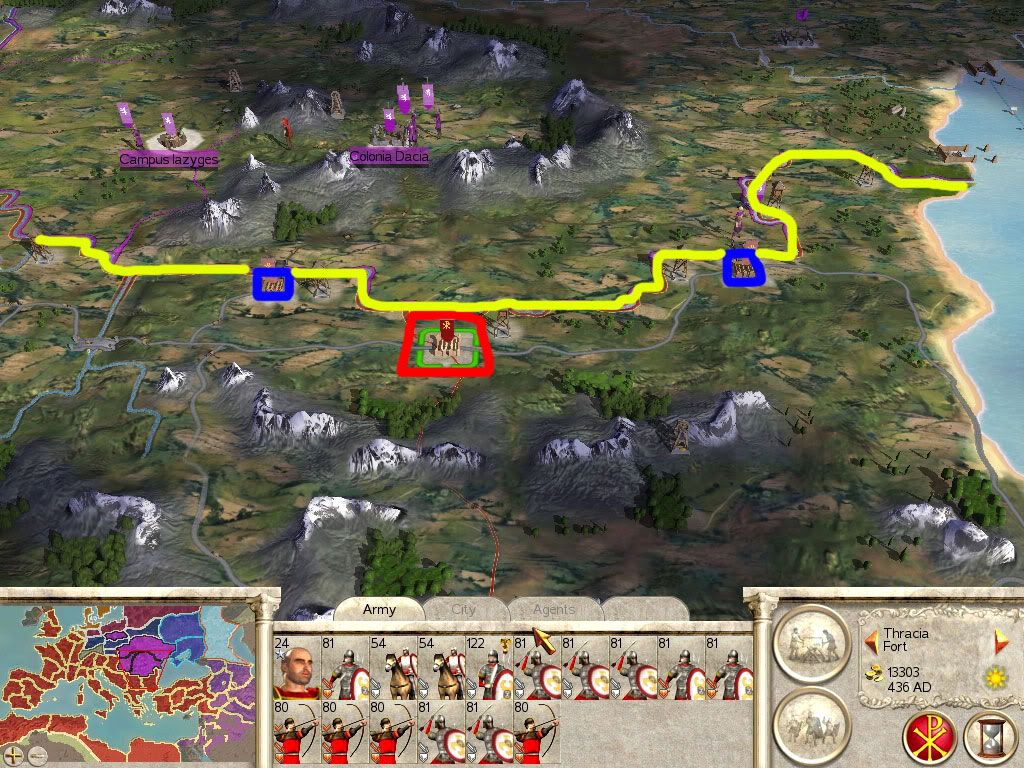
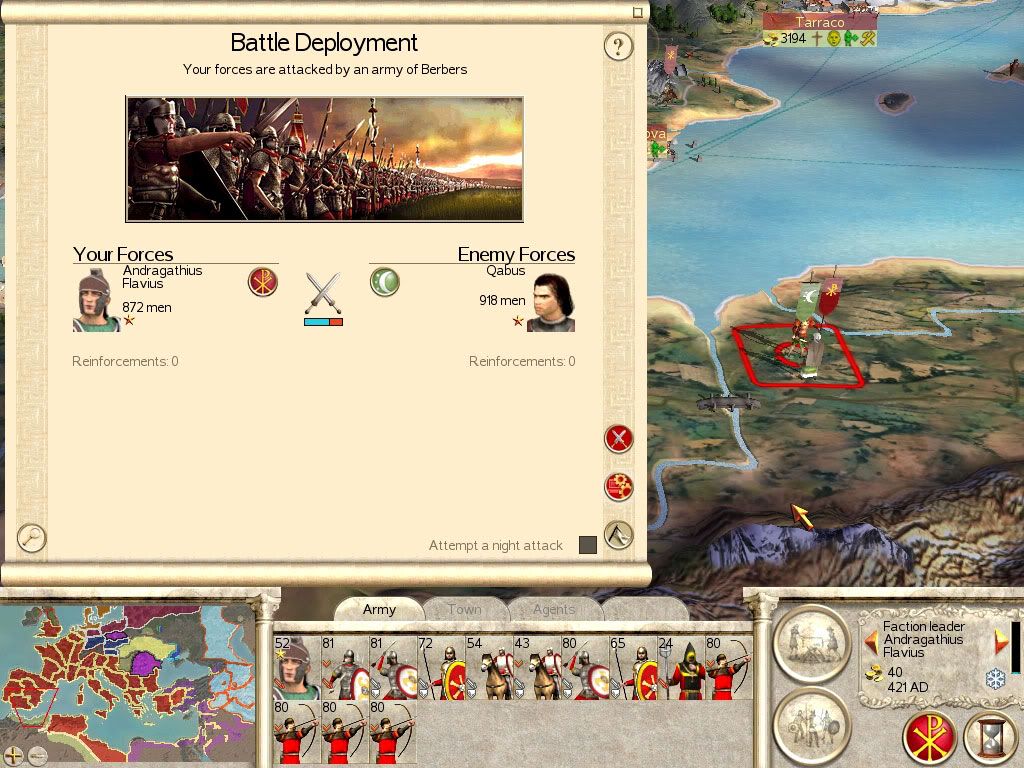
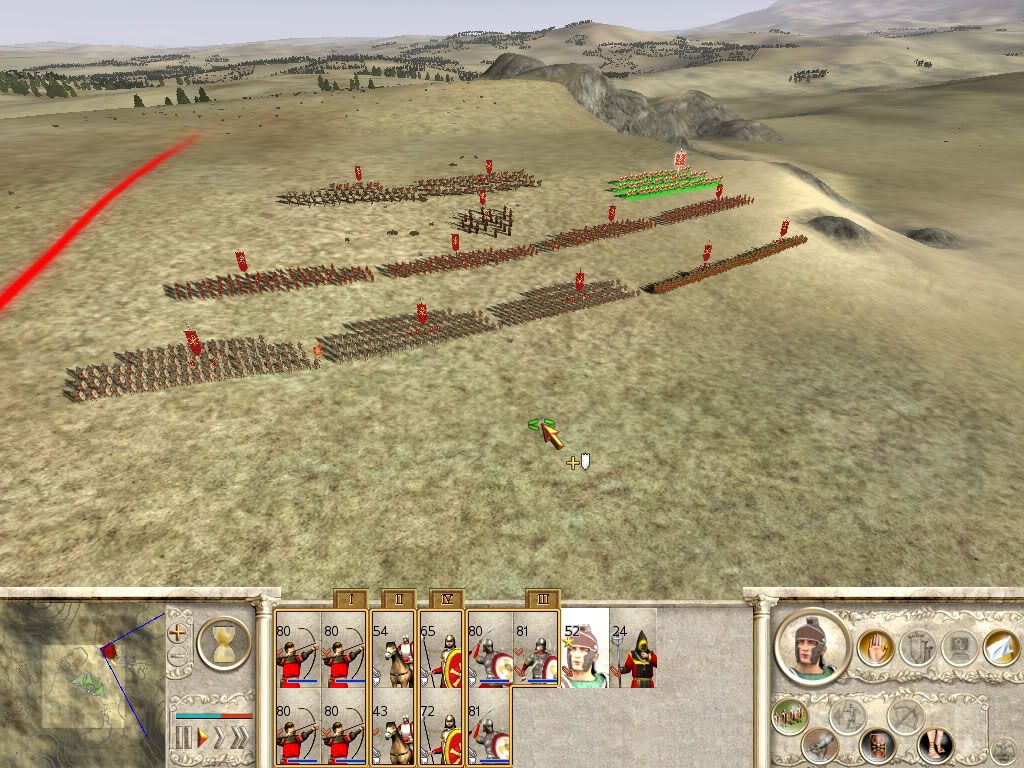
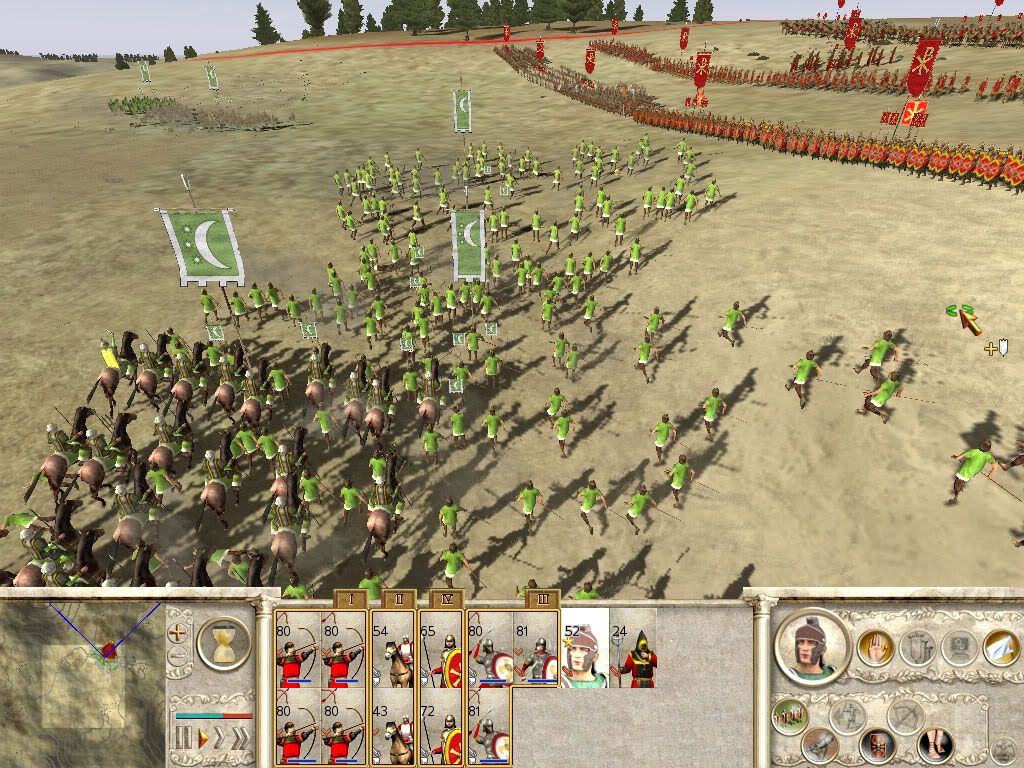
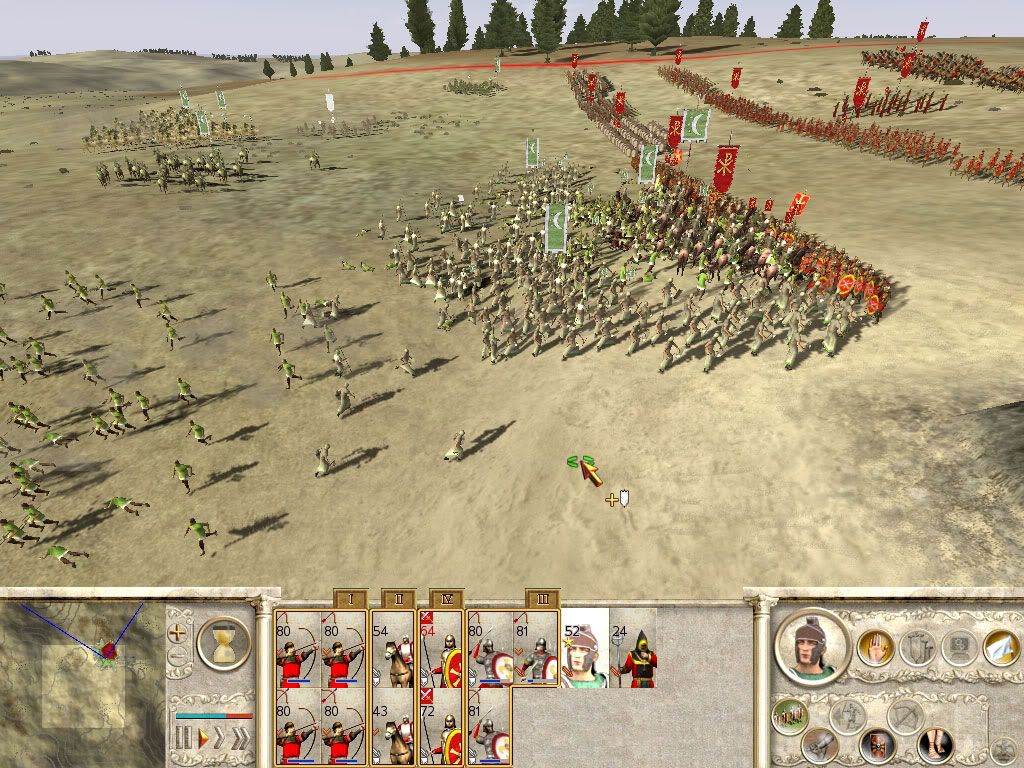
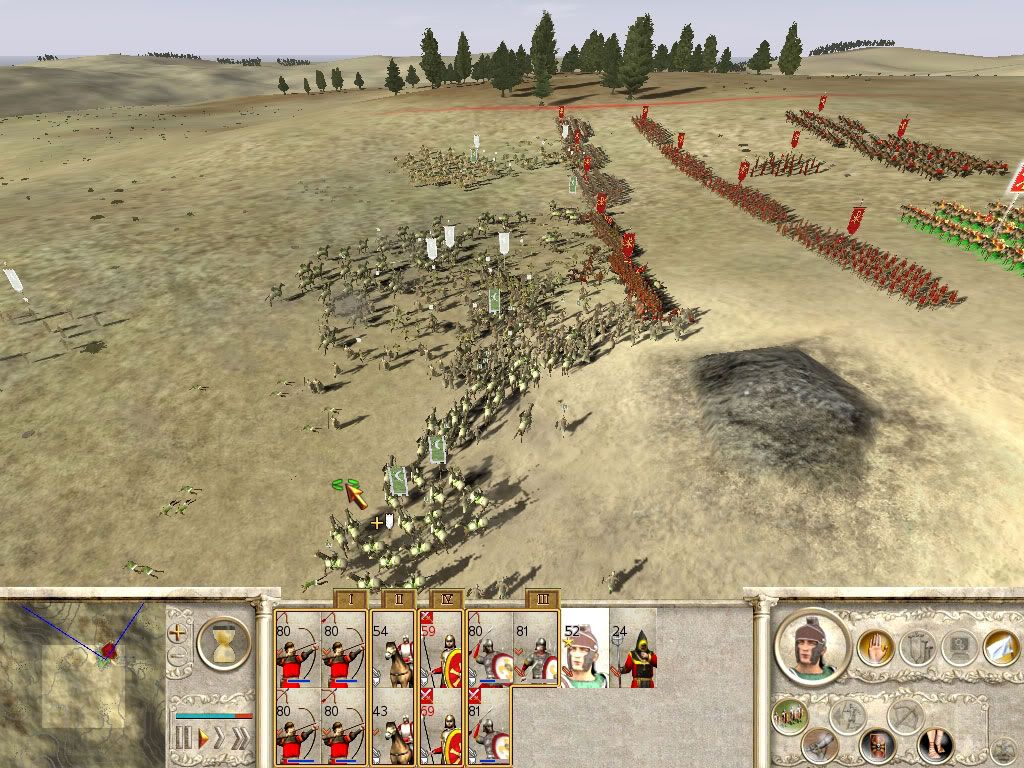
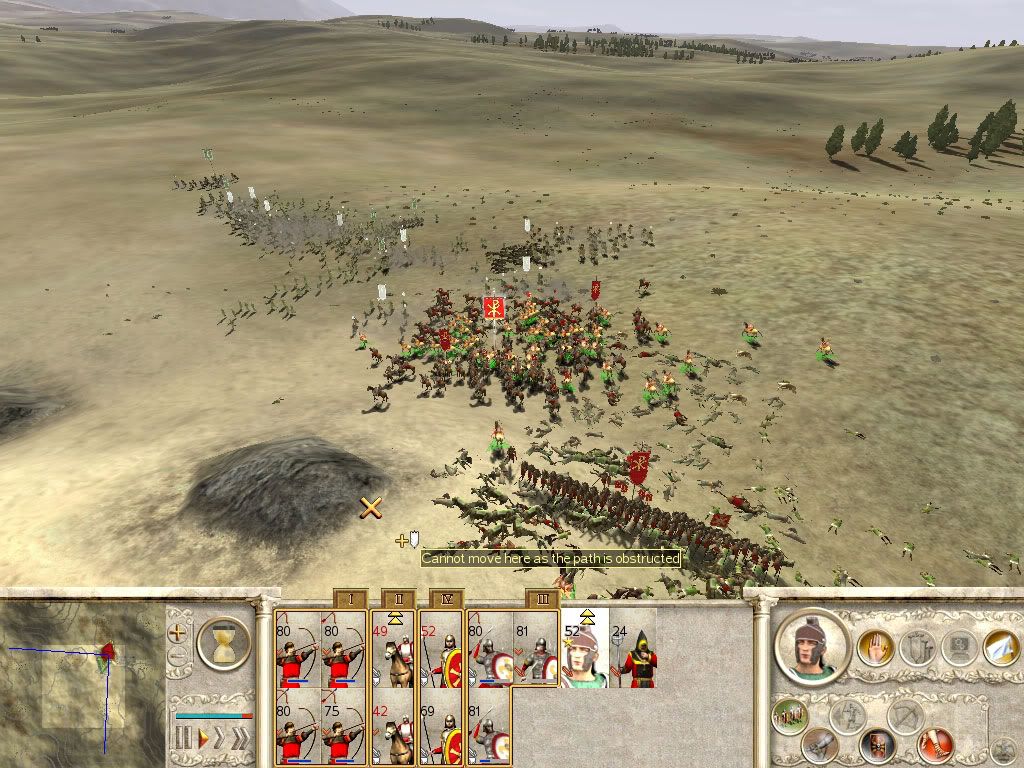
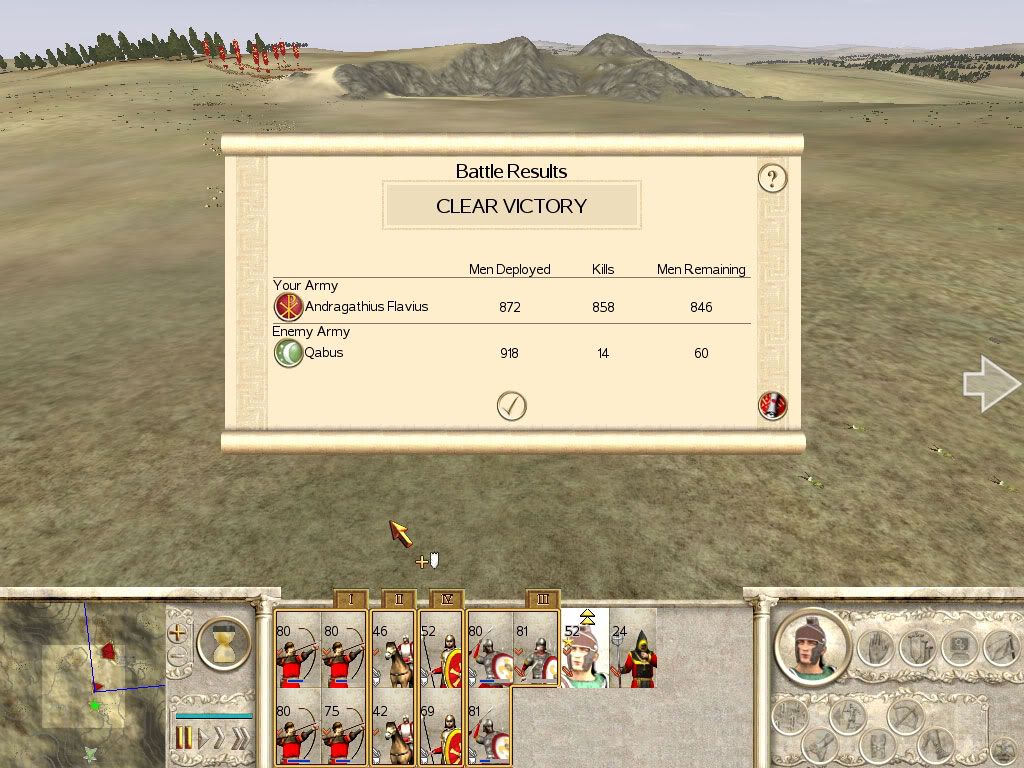
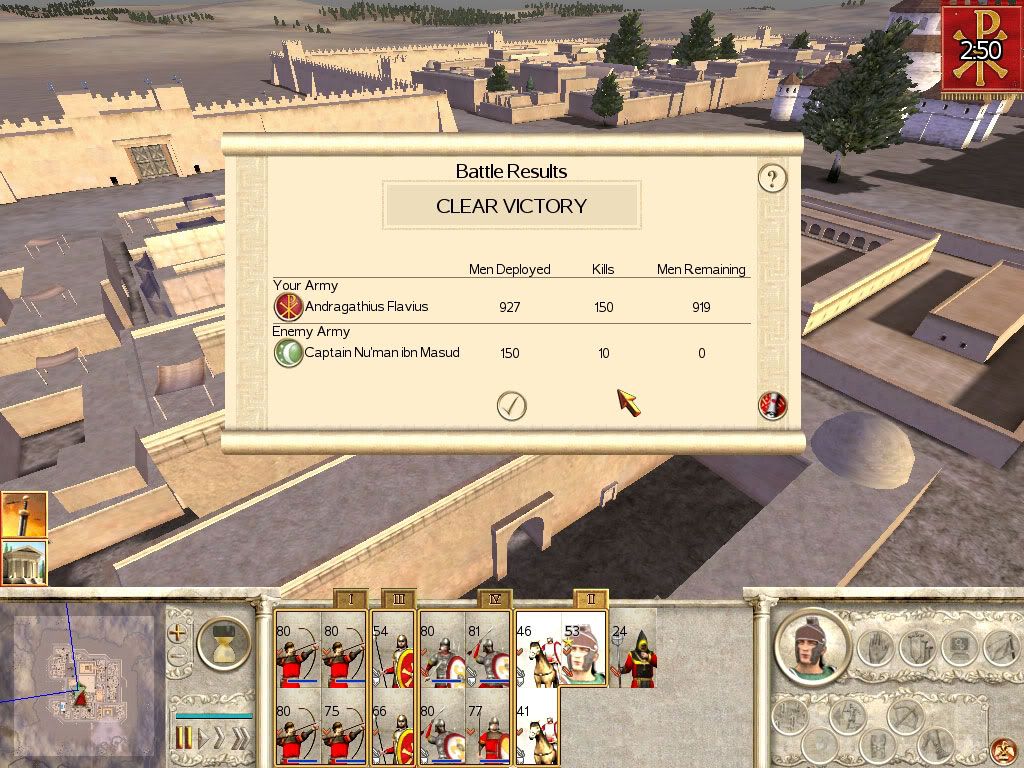
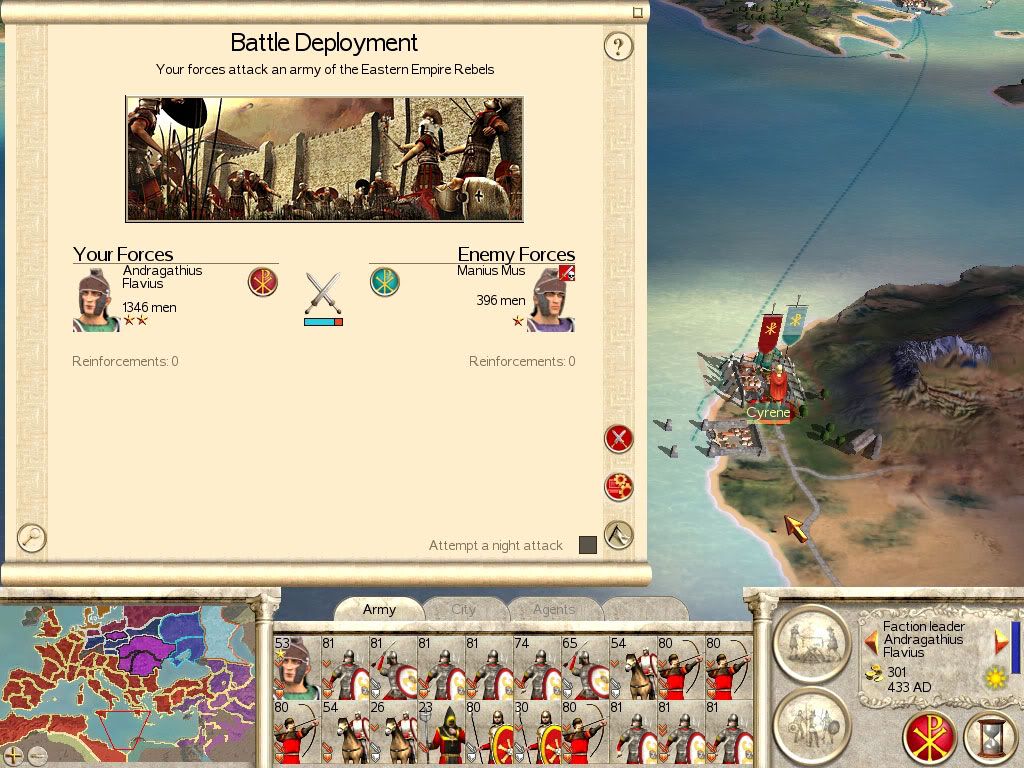
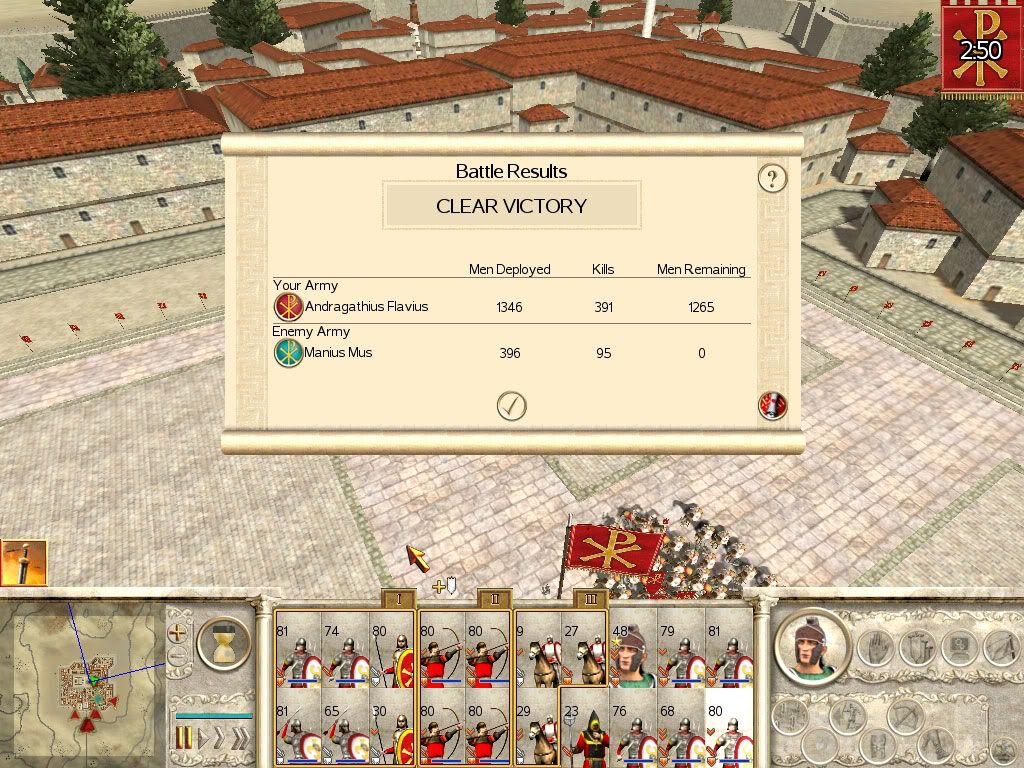
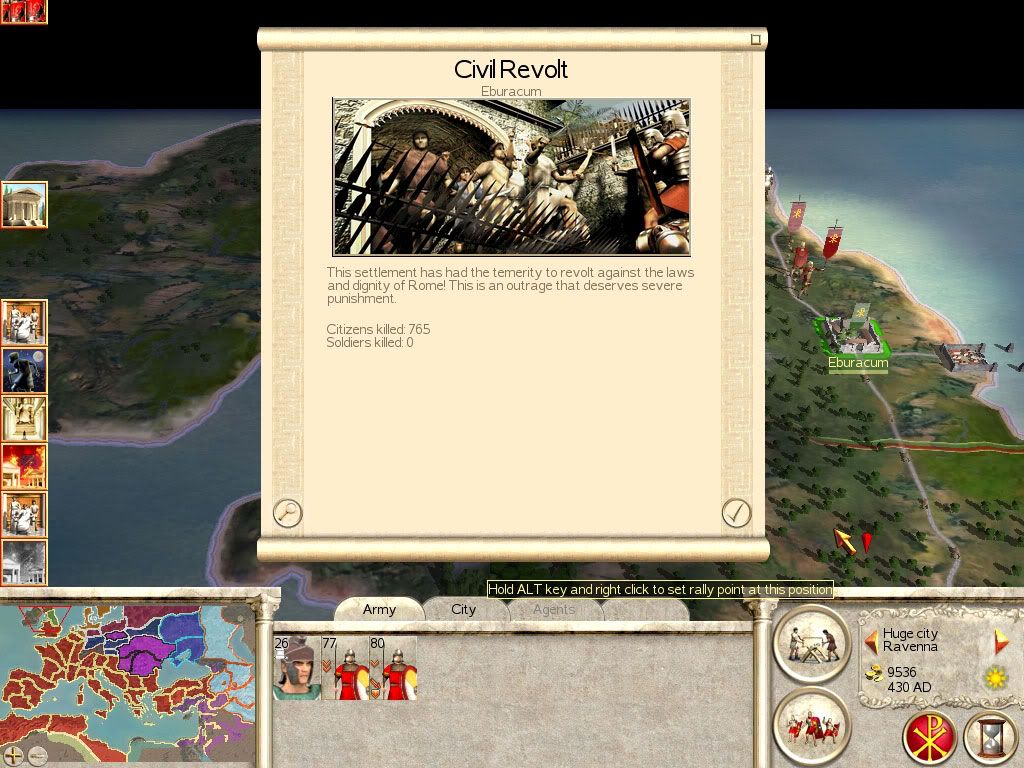
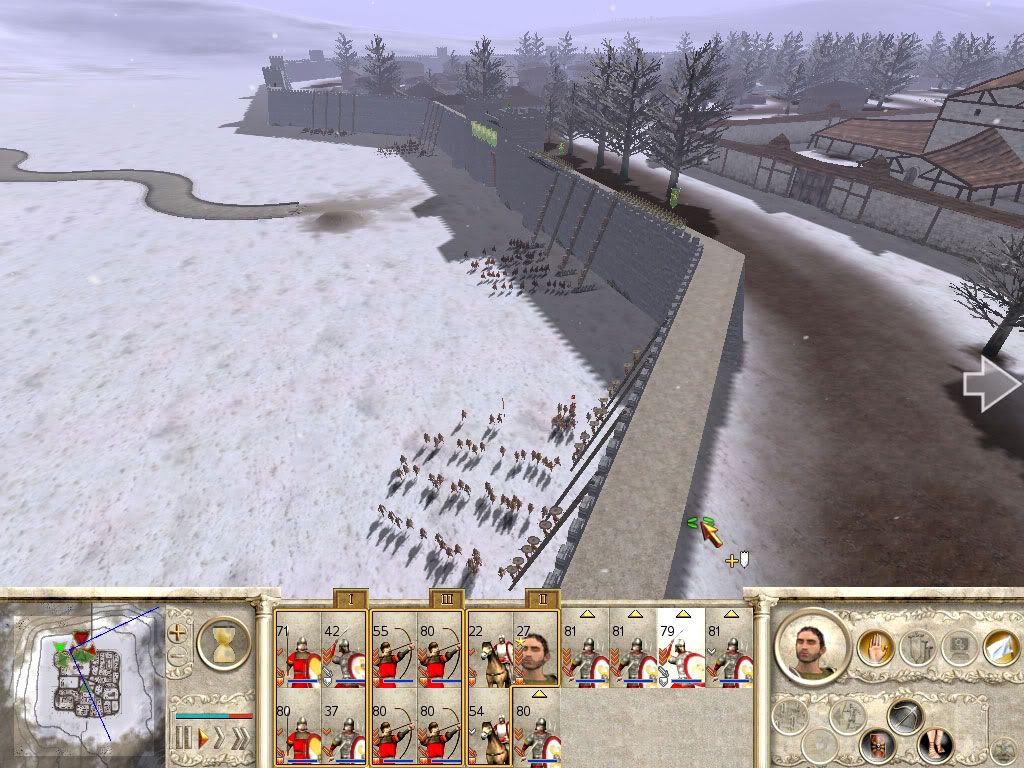
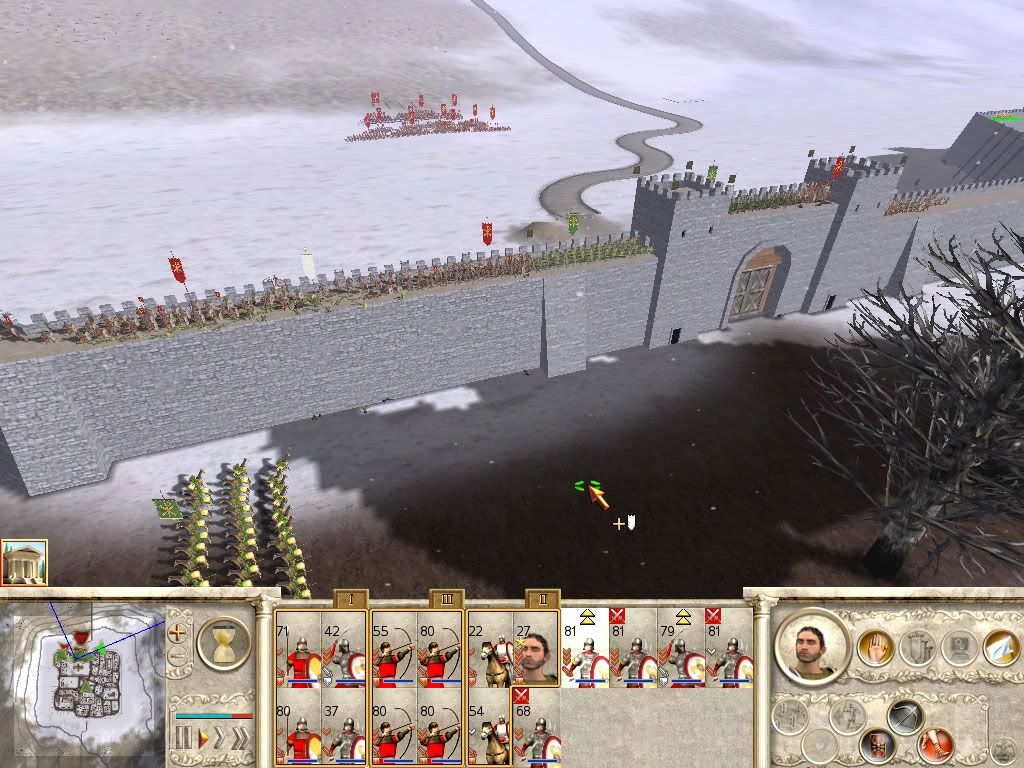
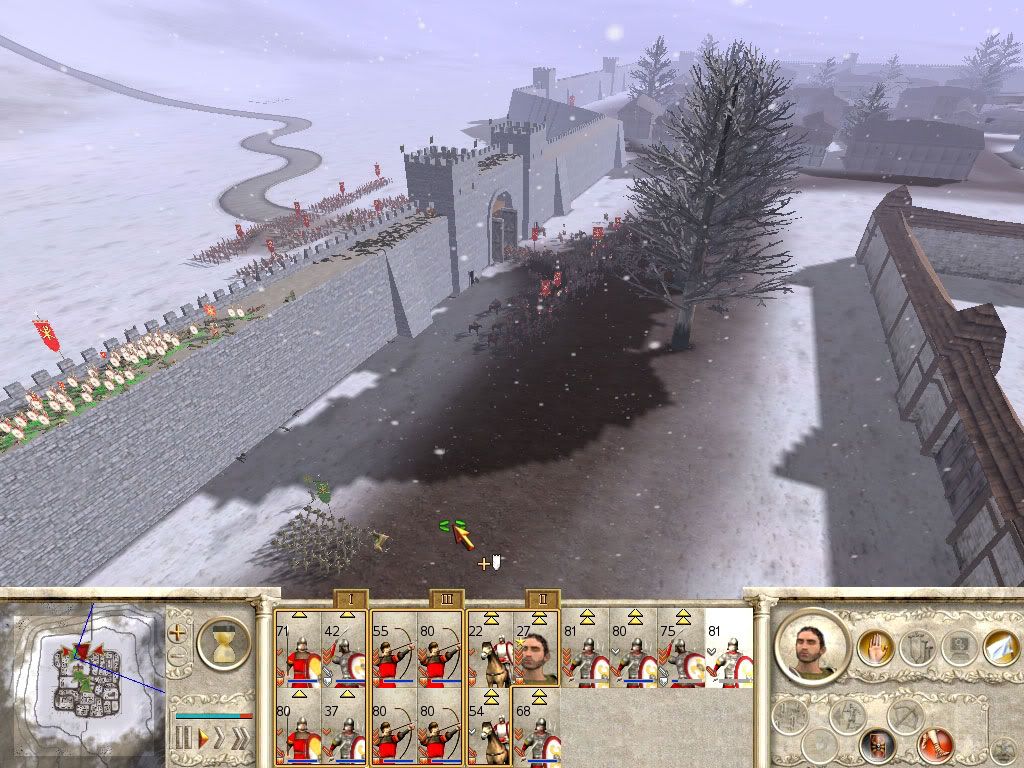
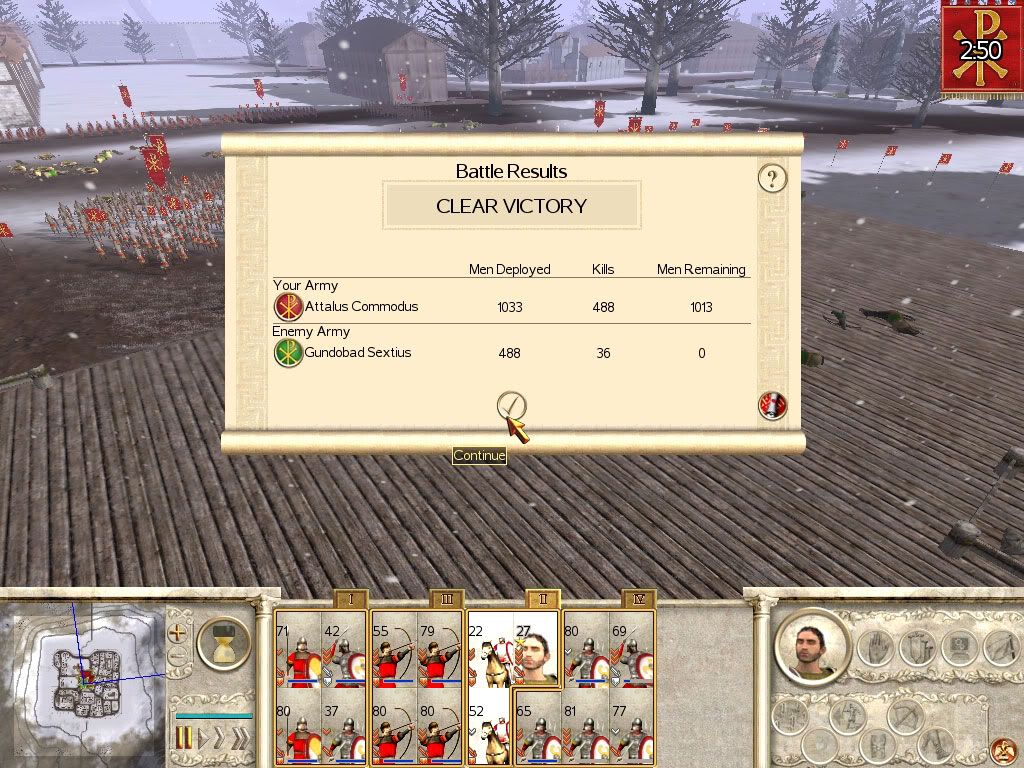
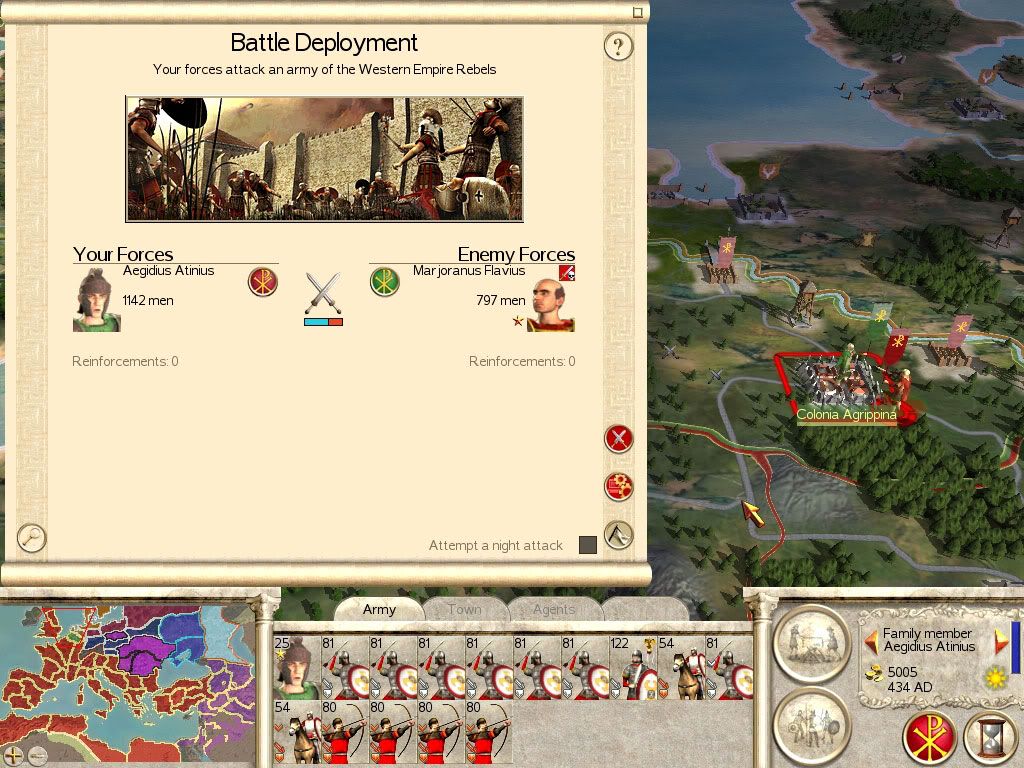
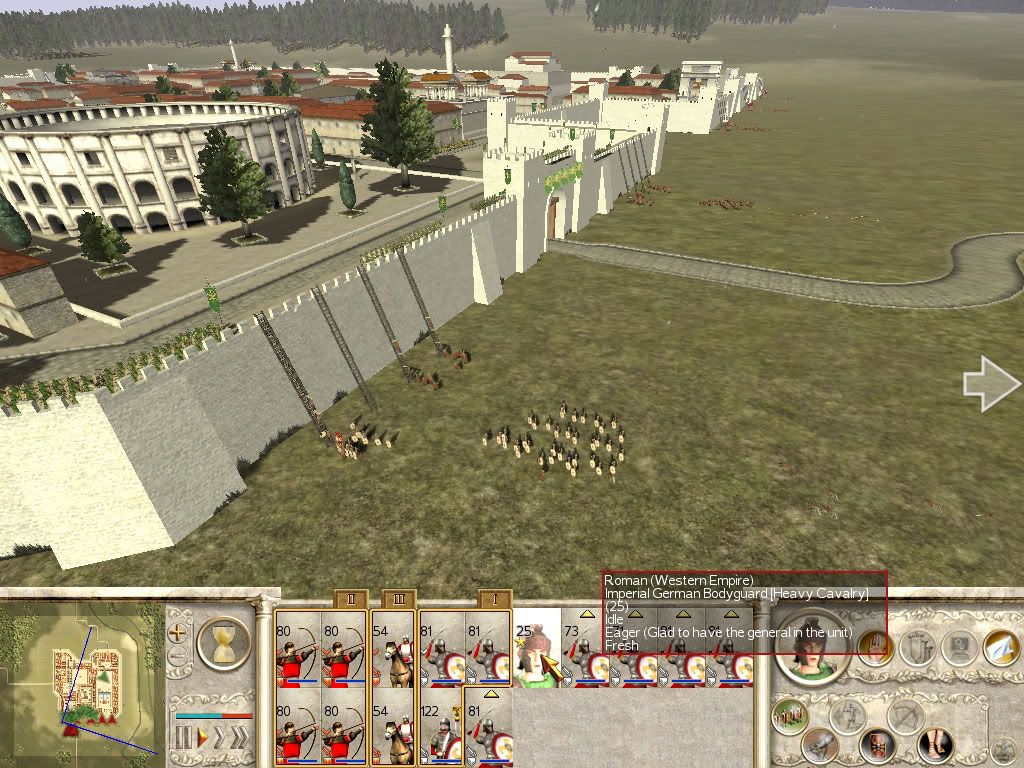
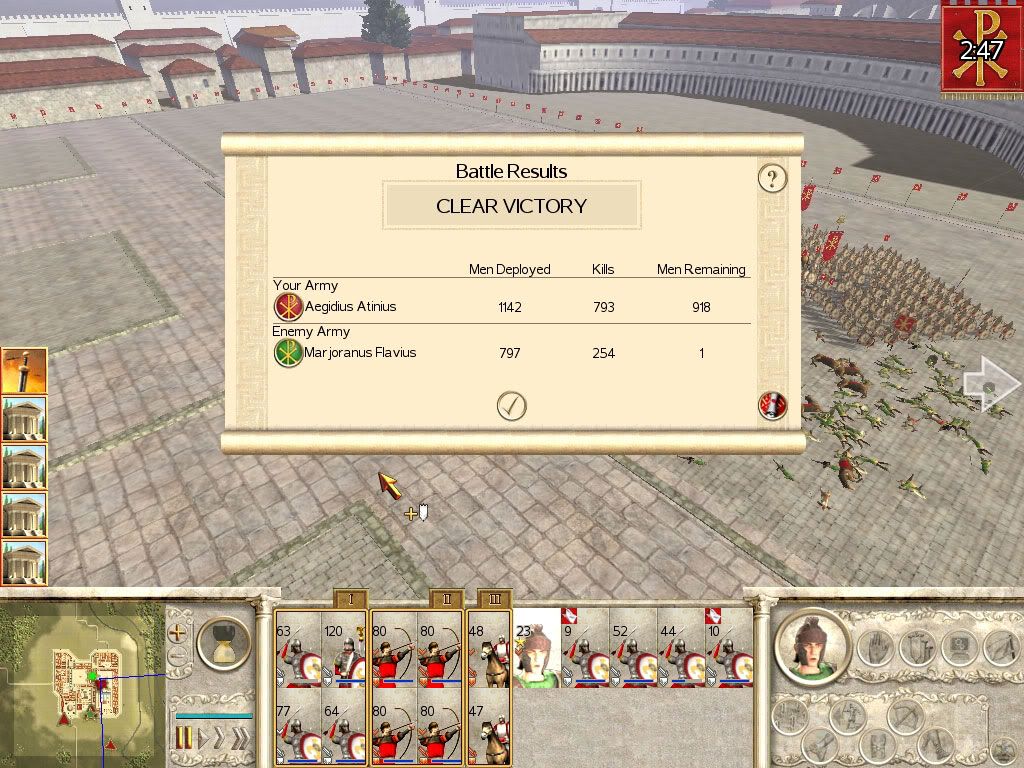
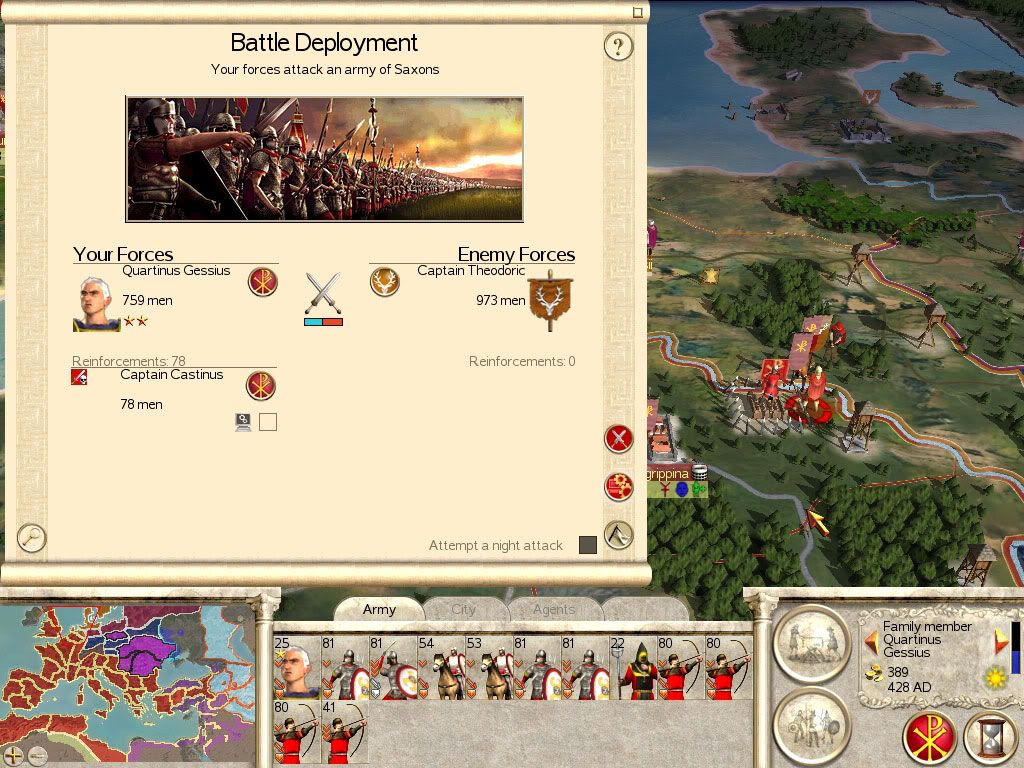
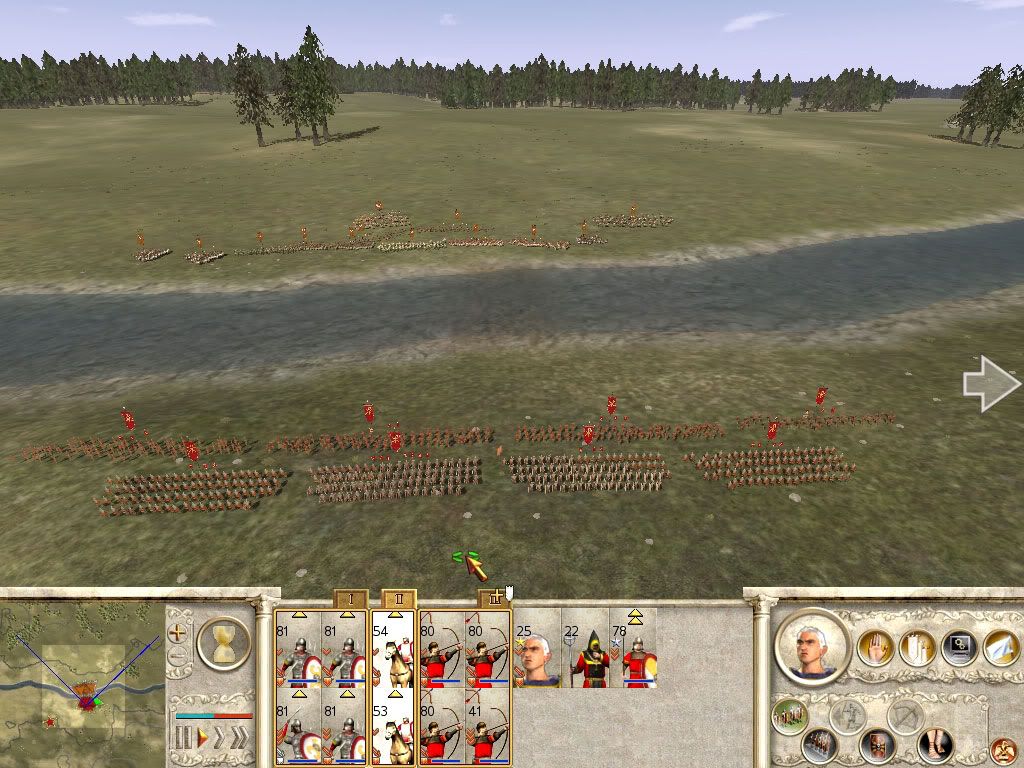
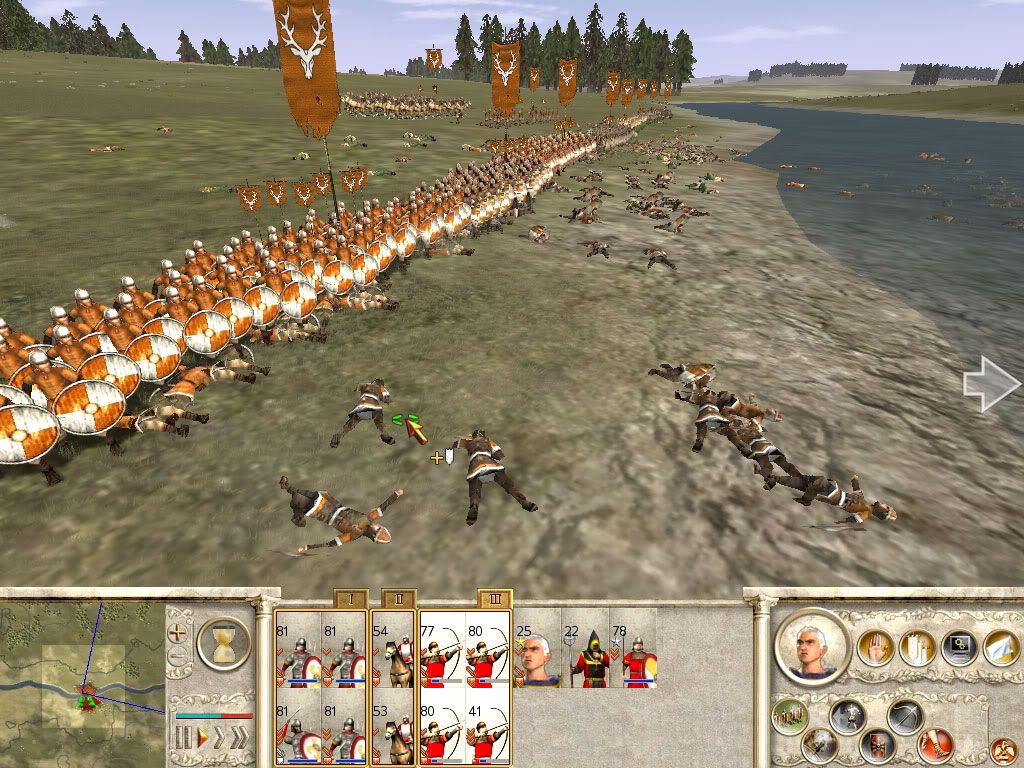
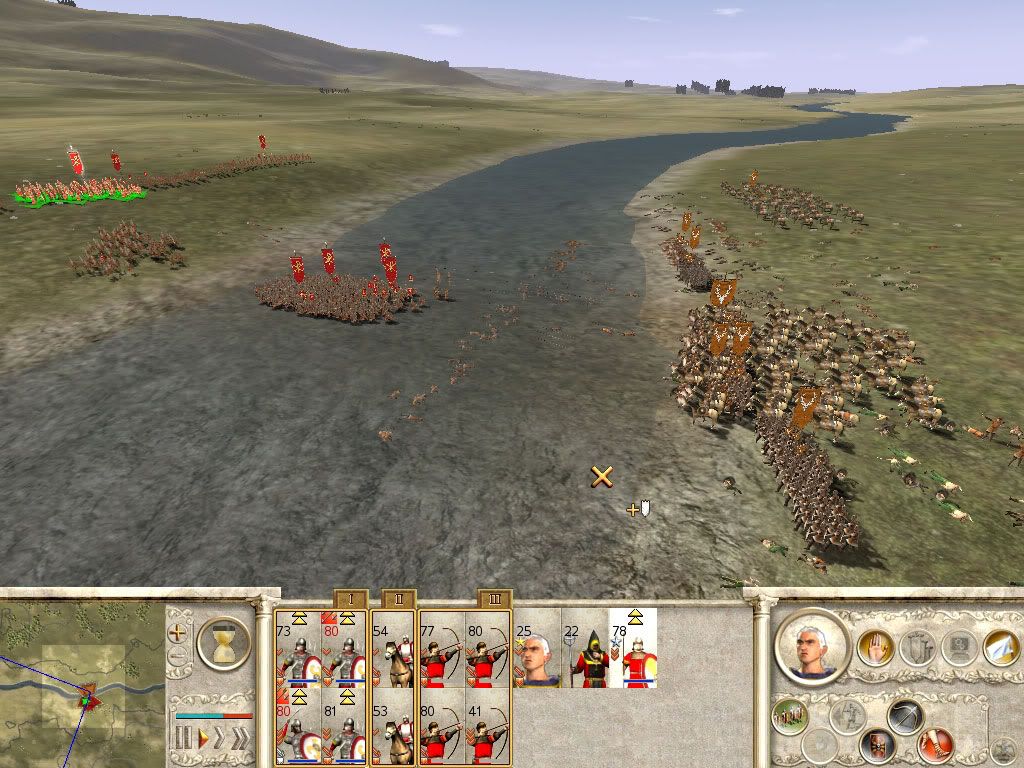
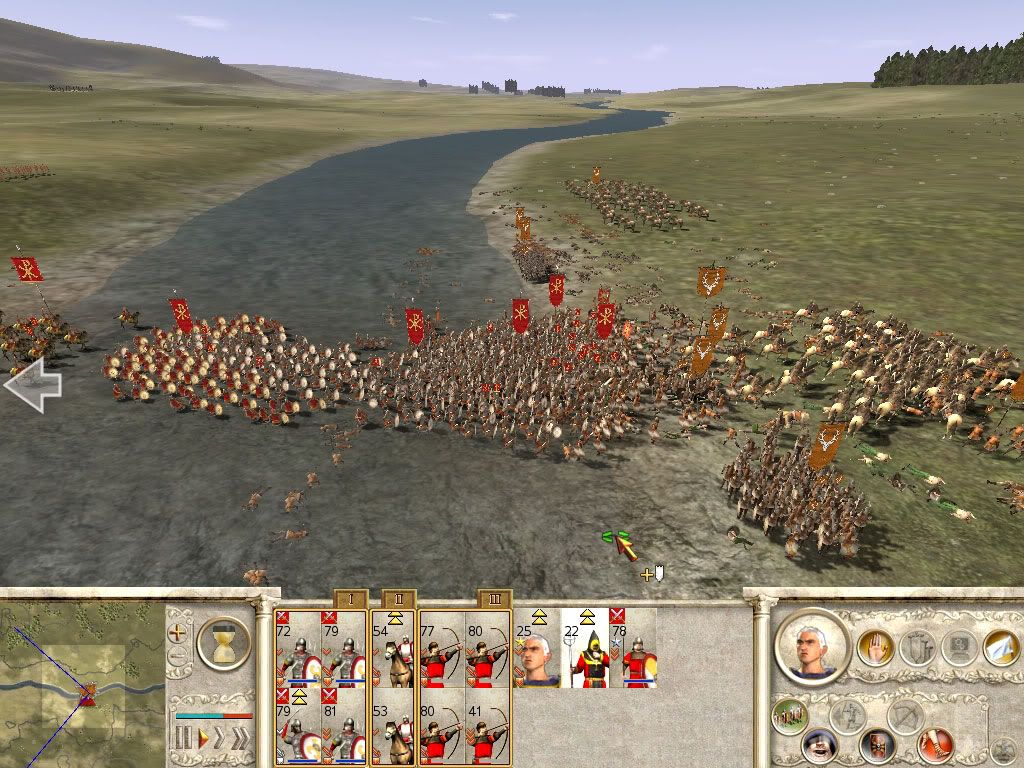
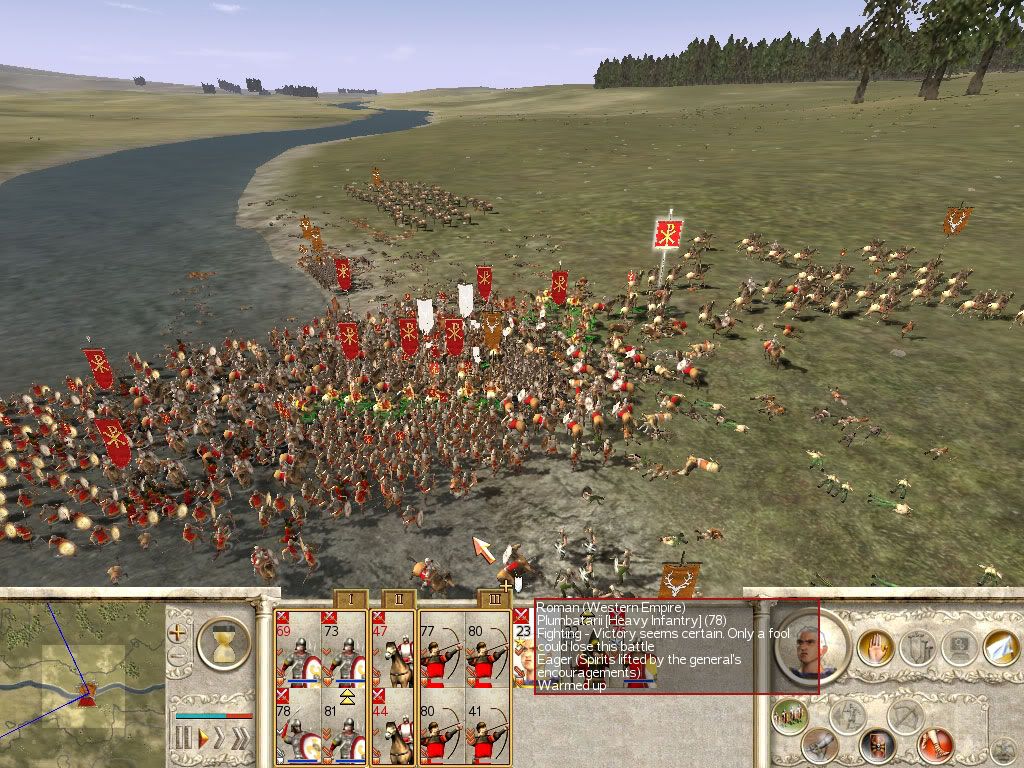
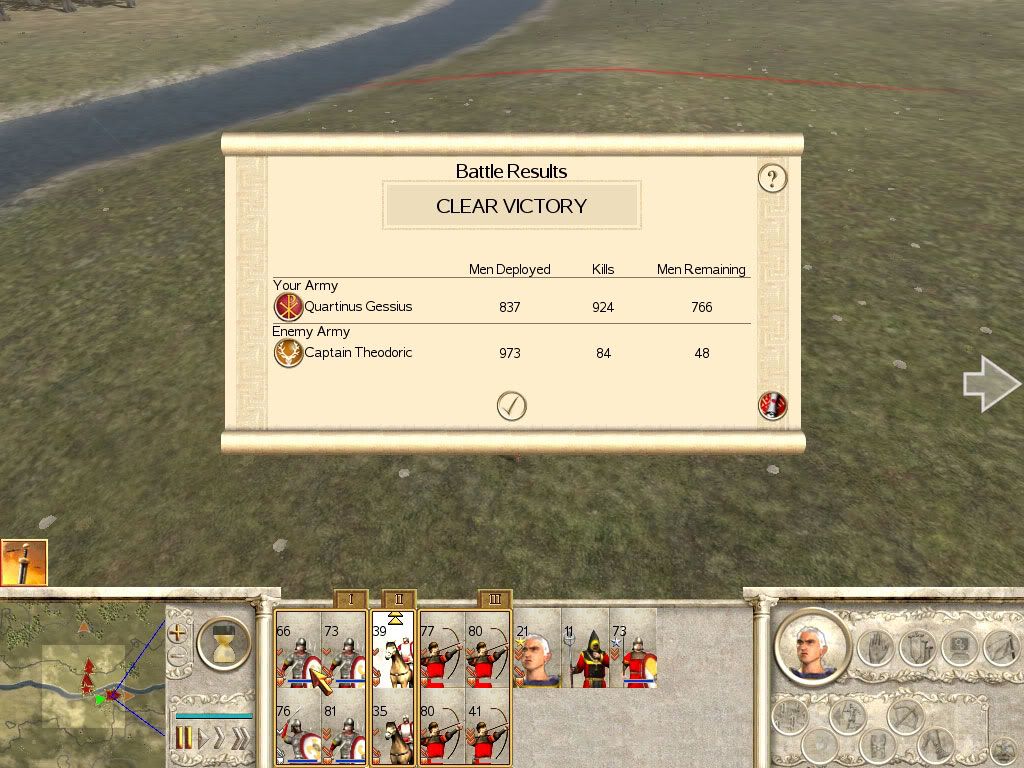
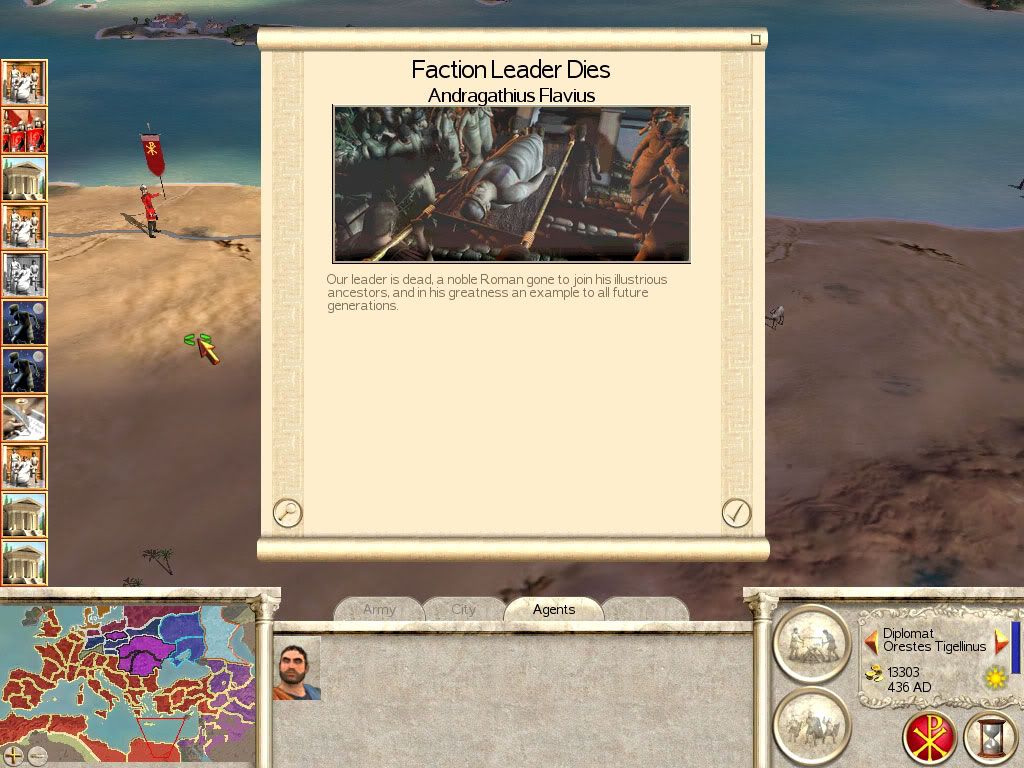
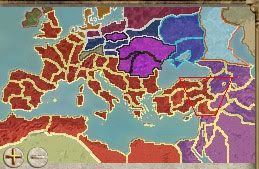
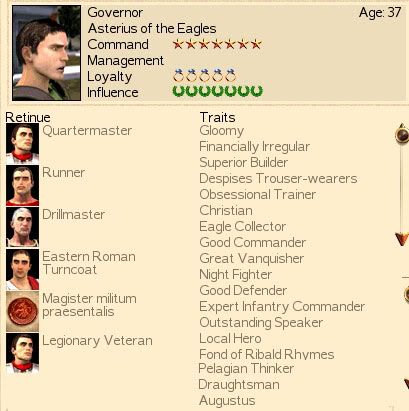






































Bookmarks